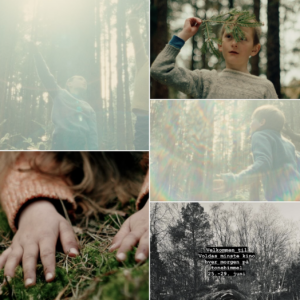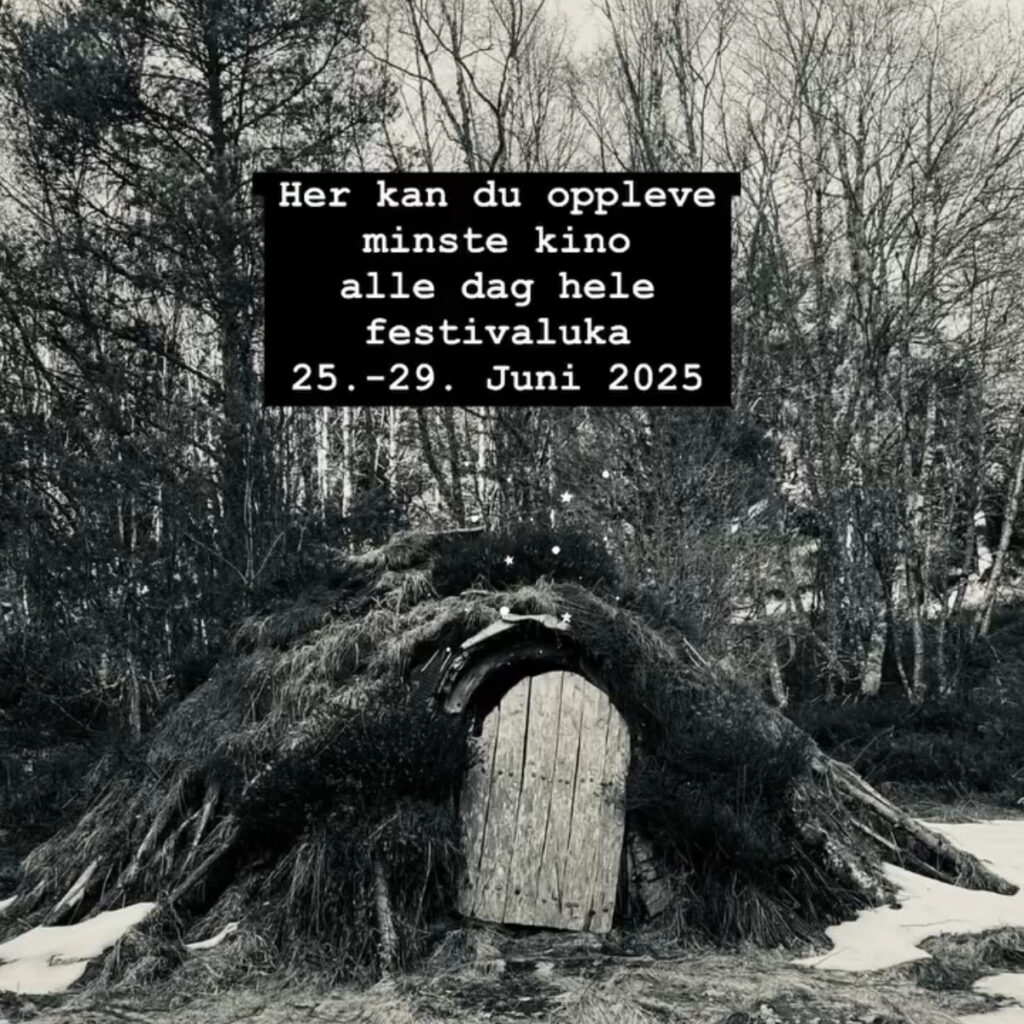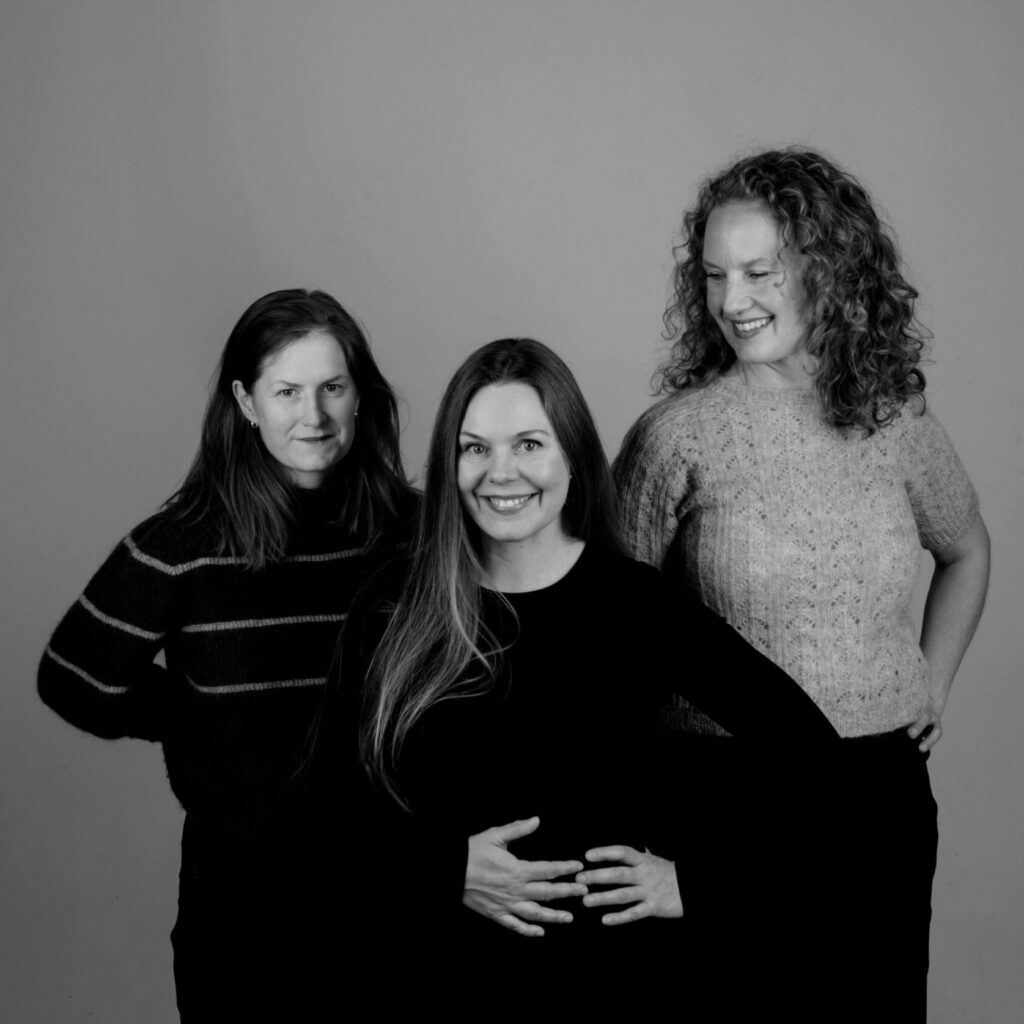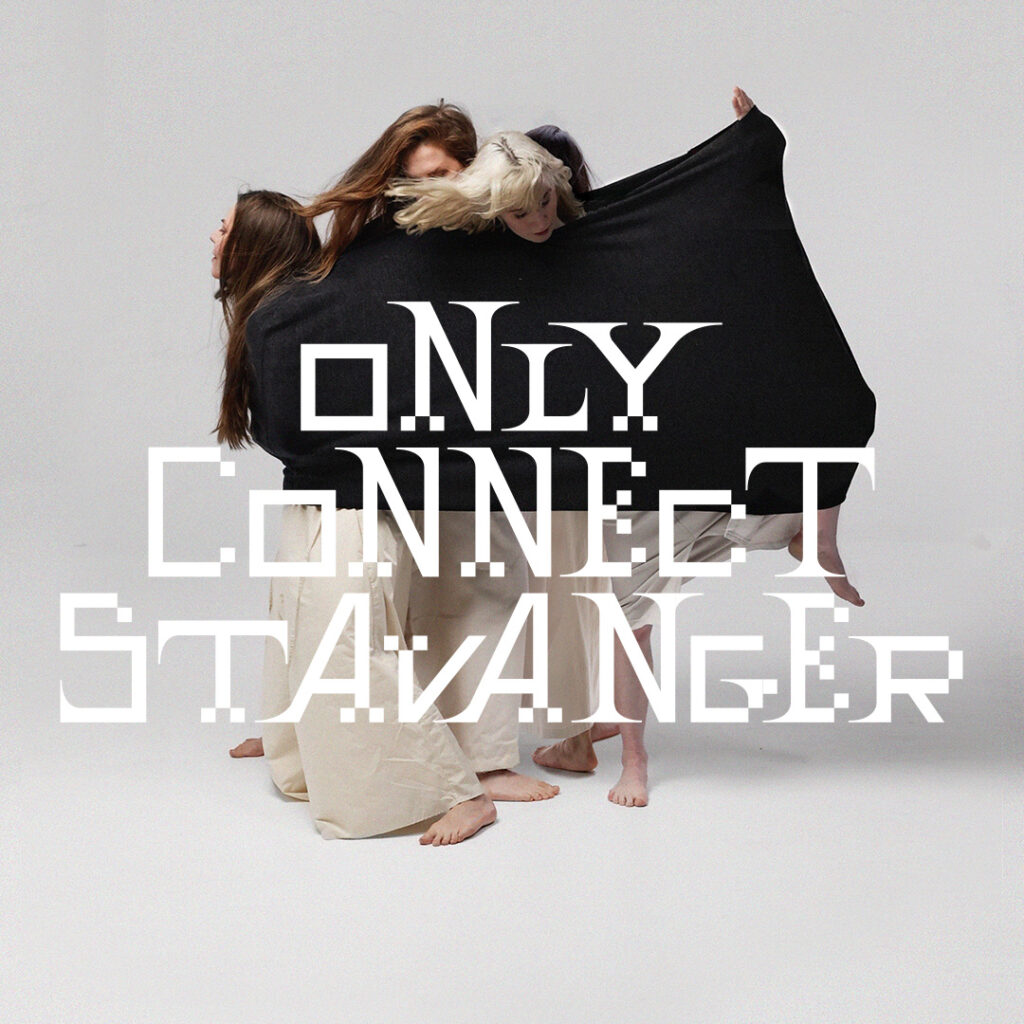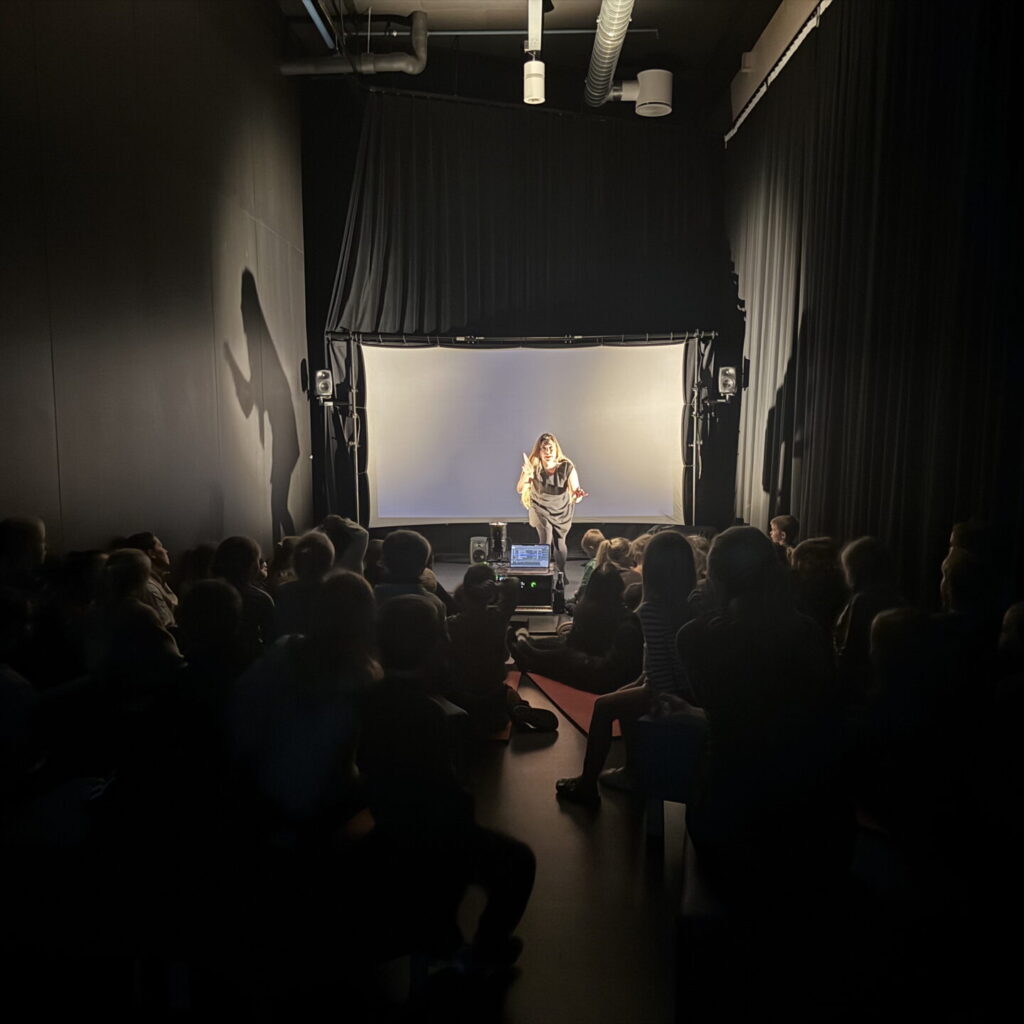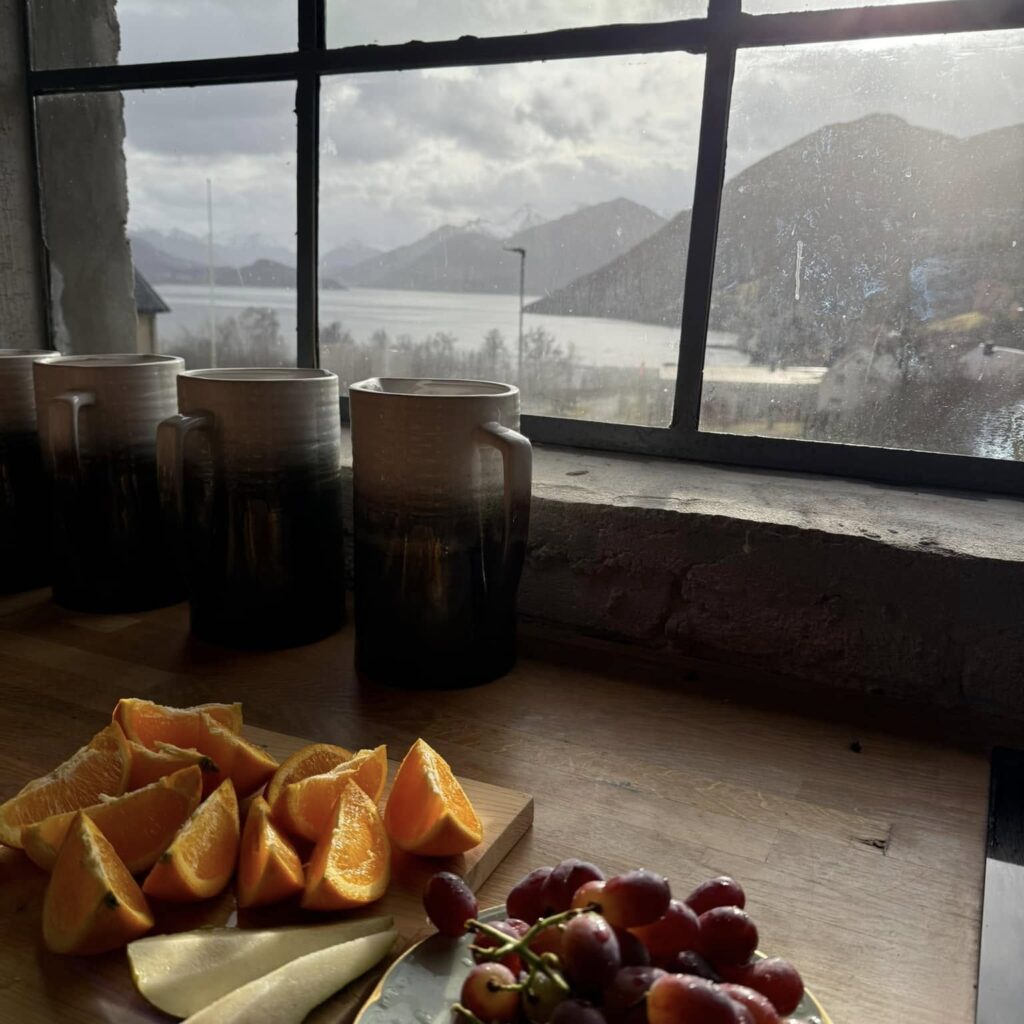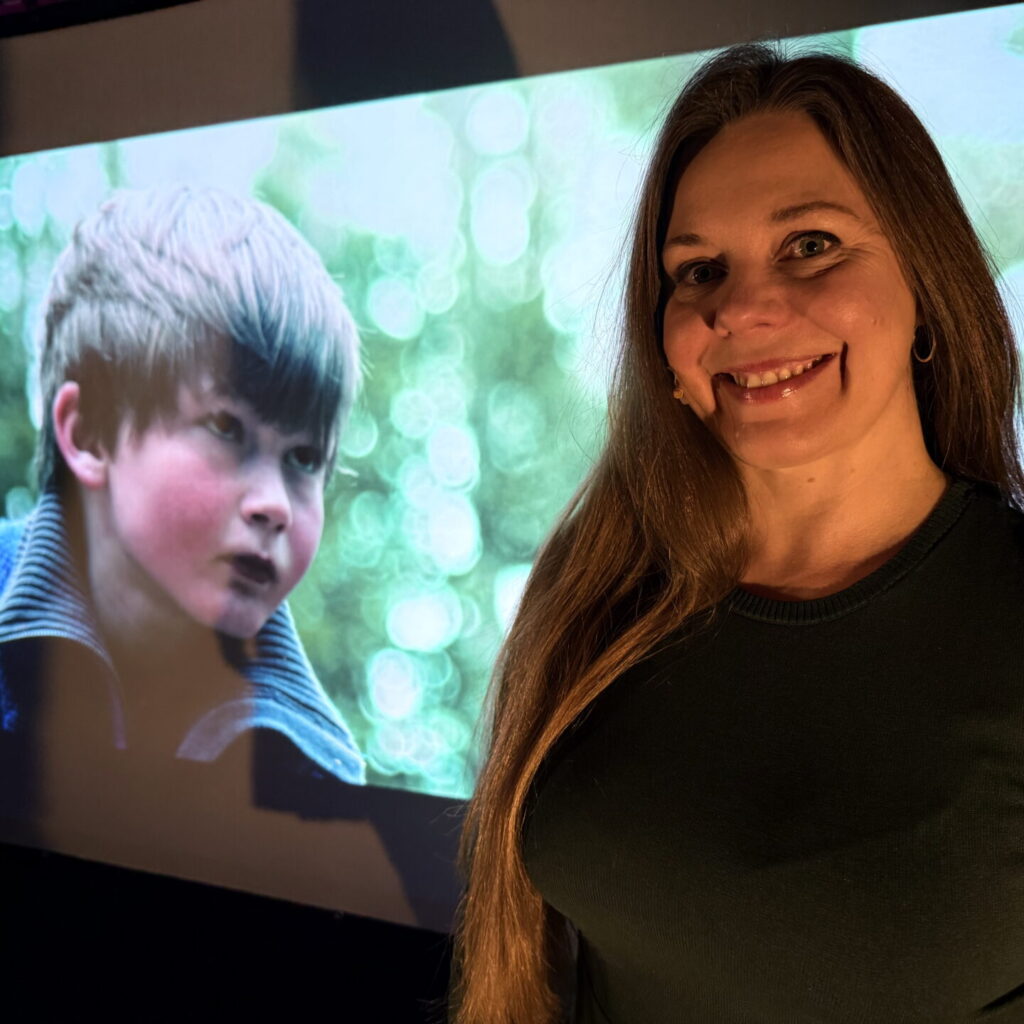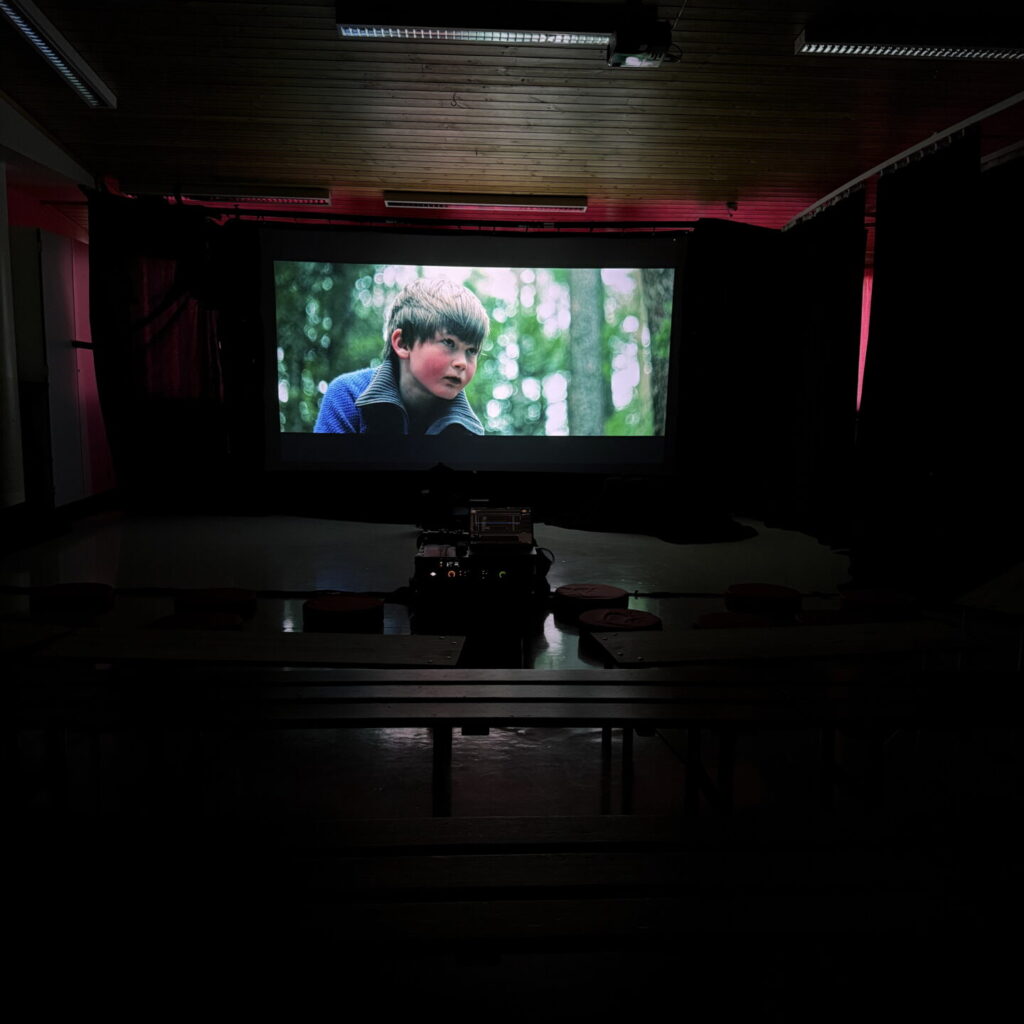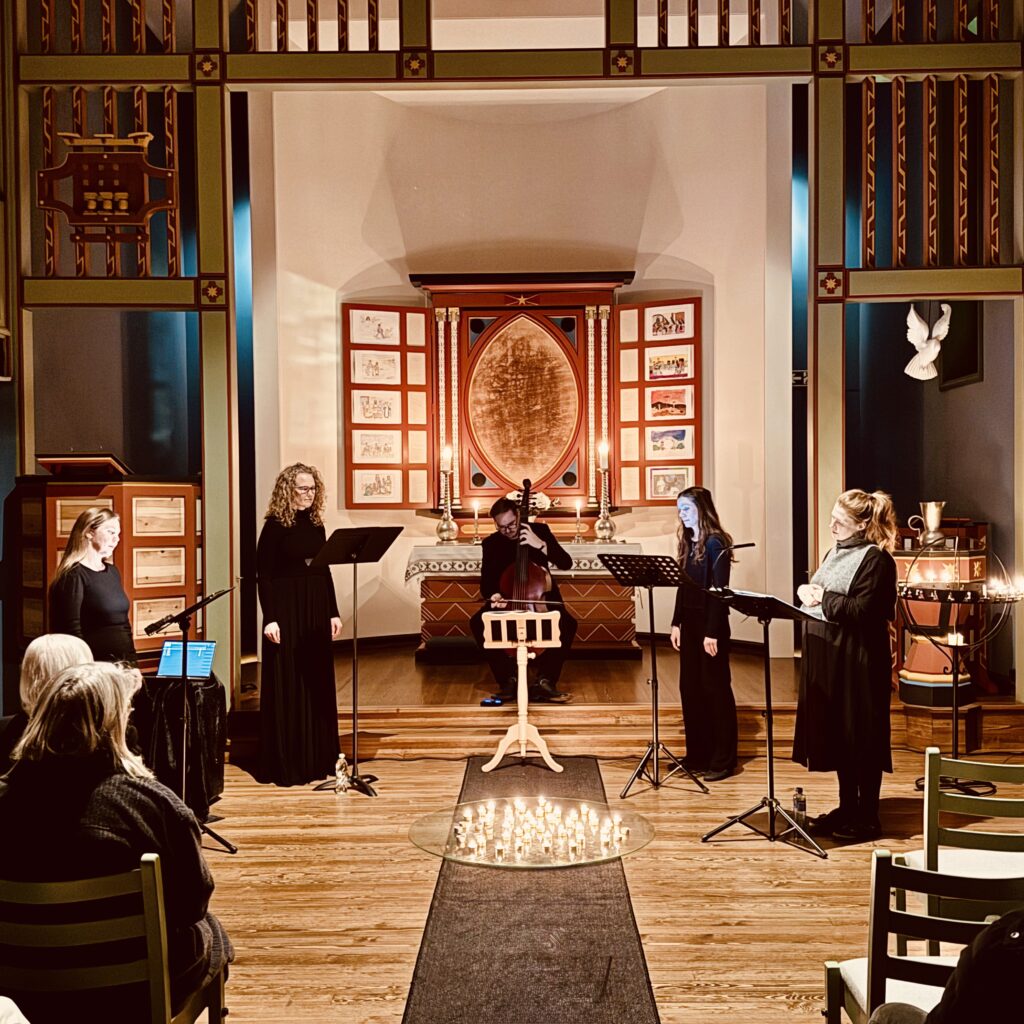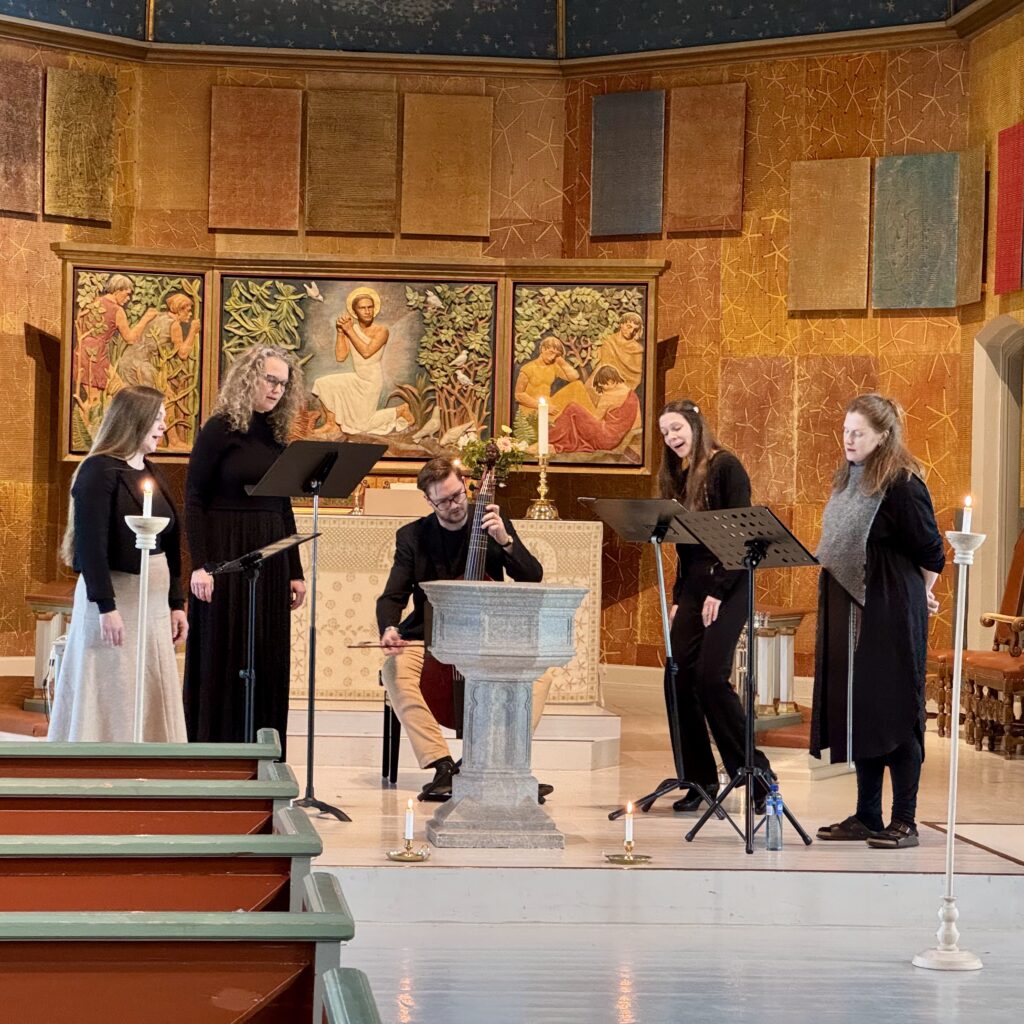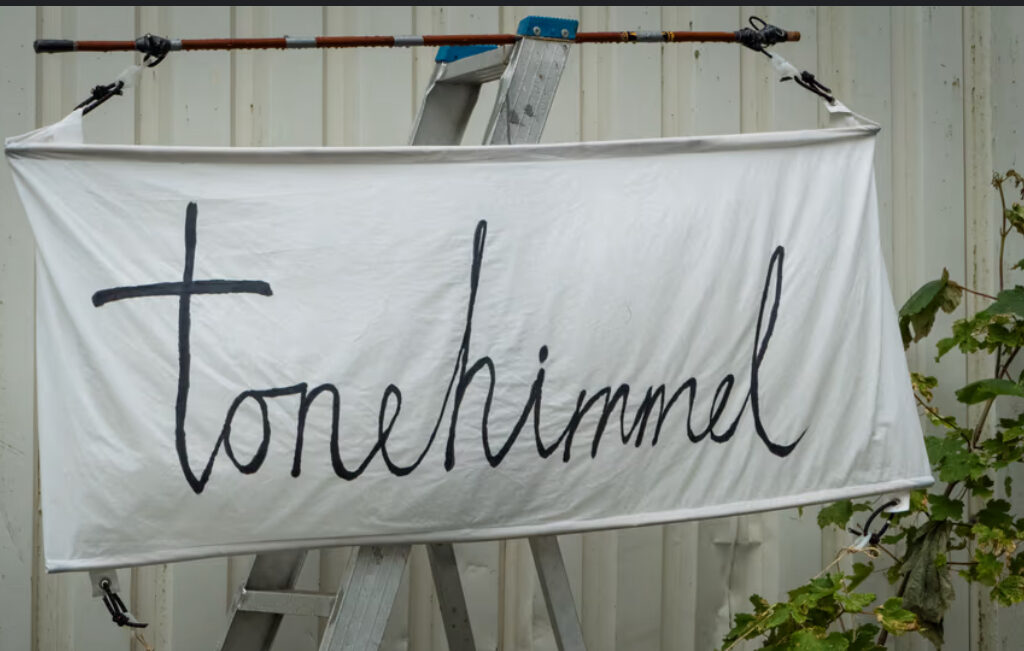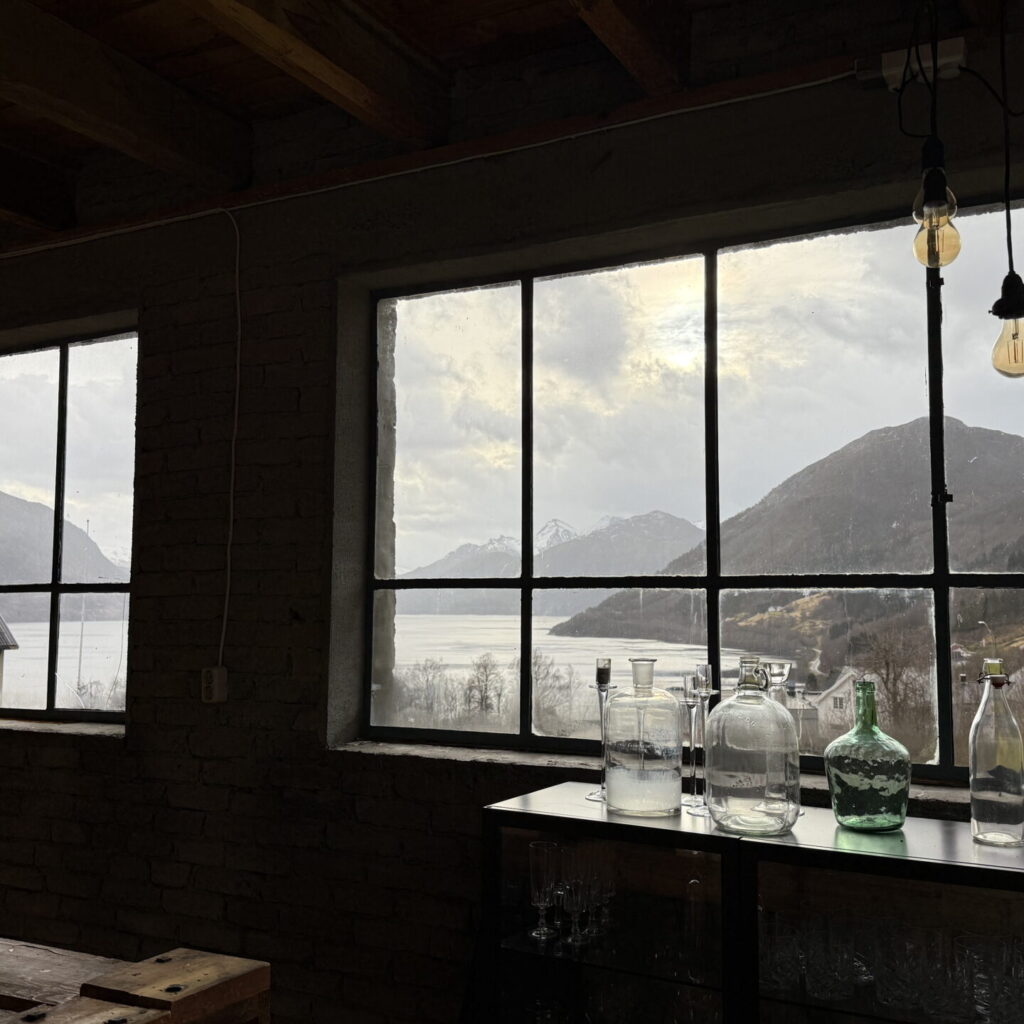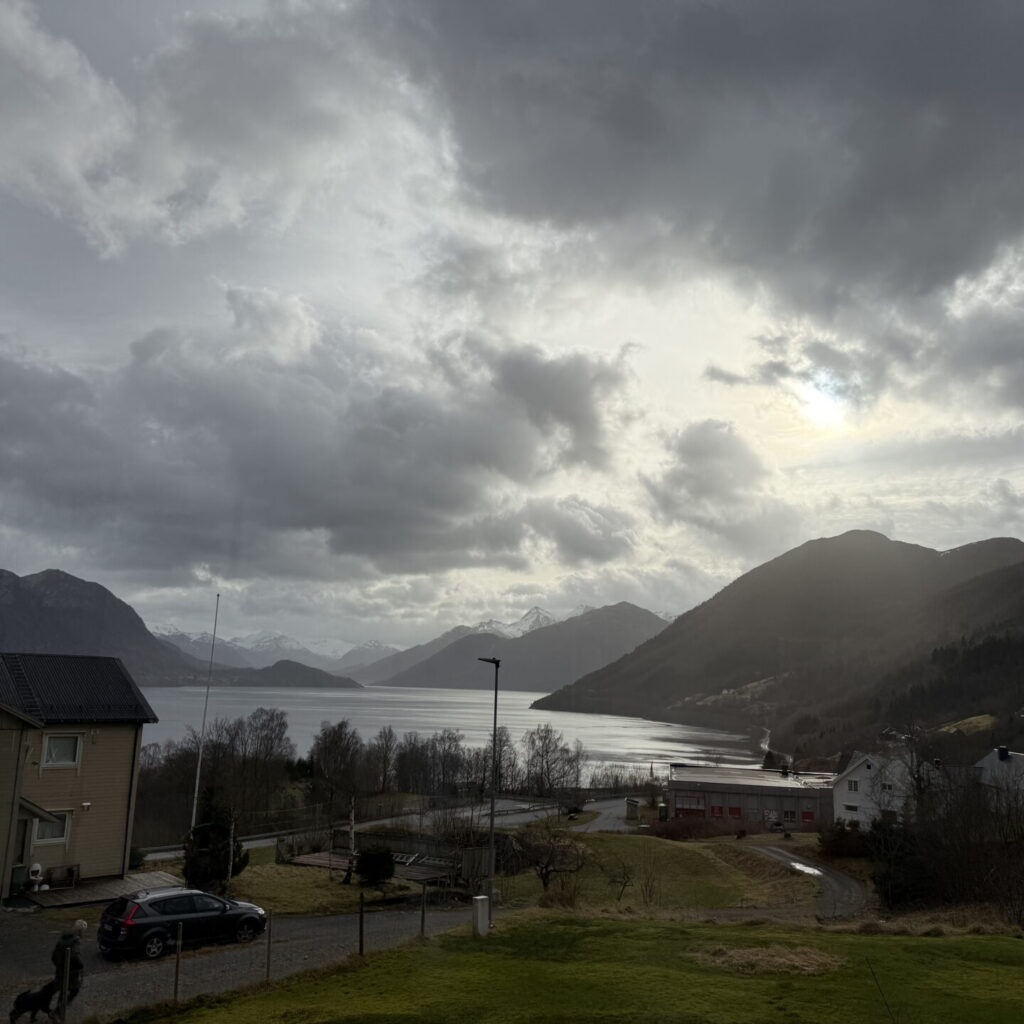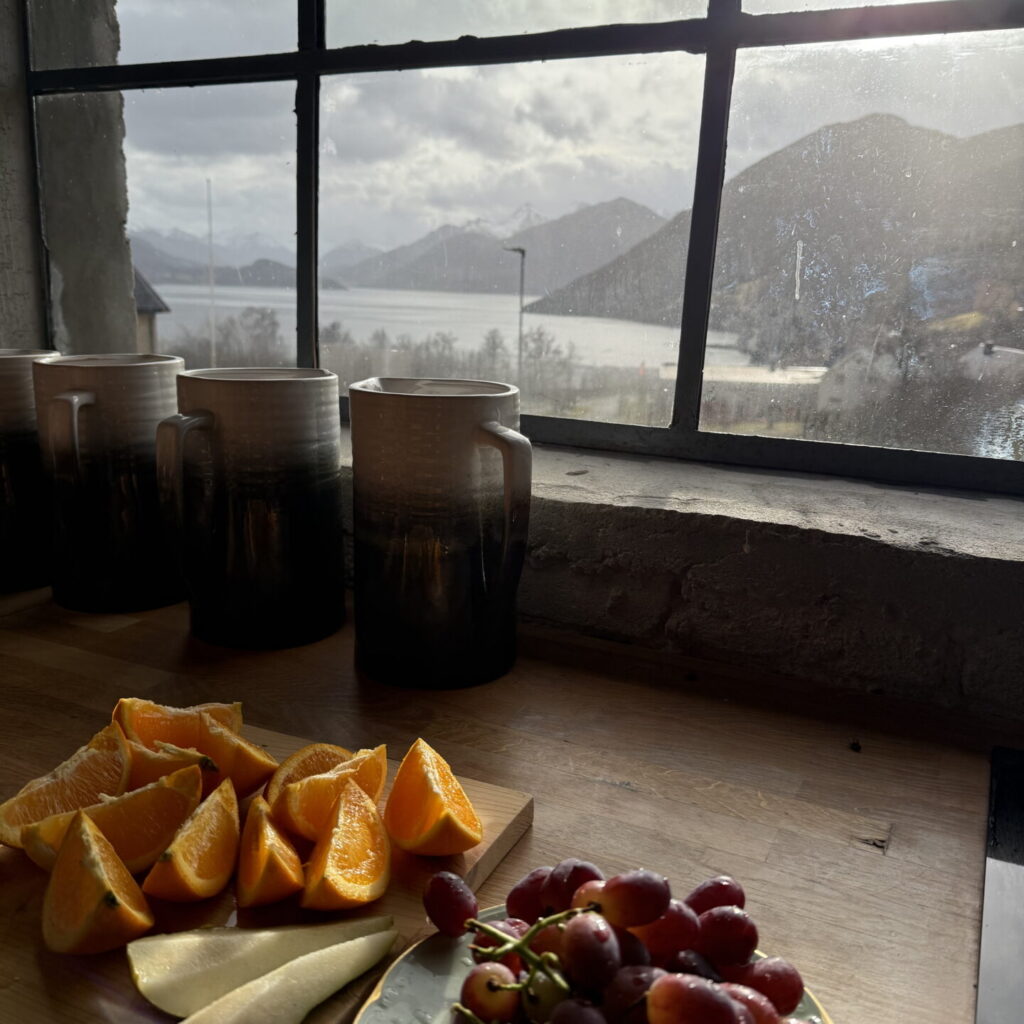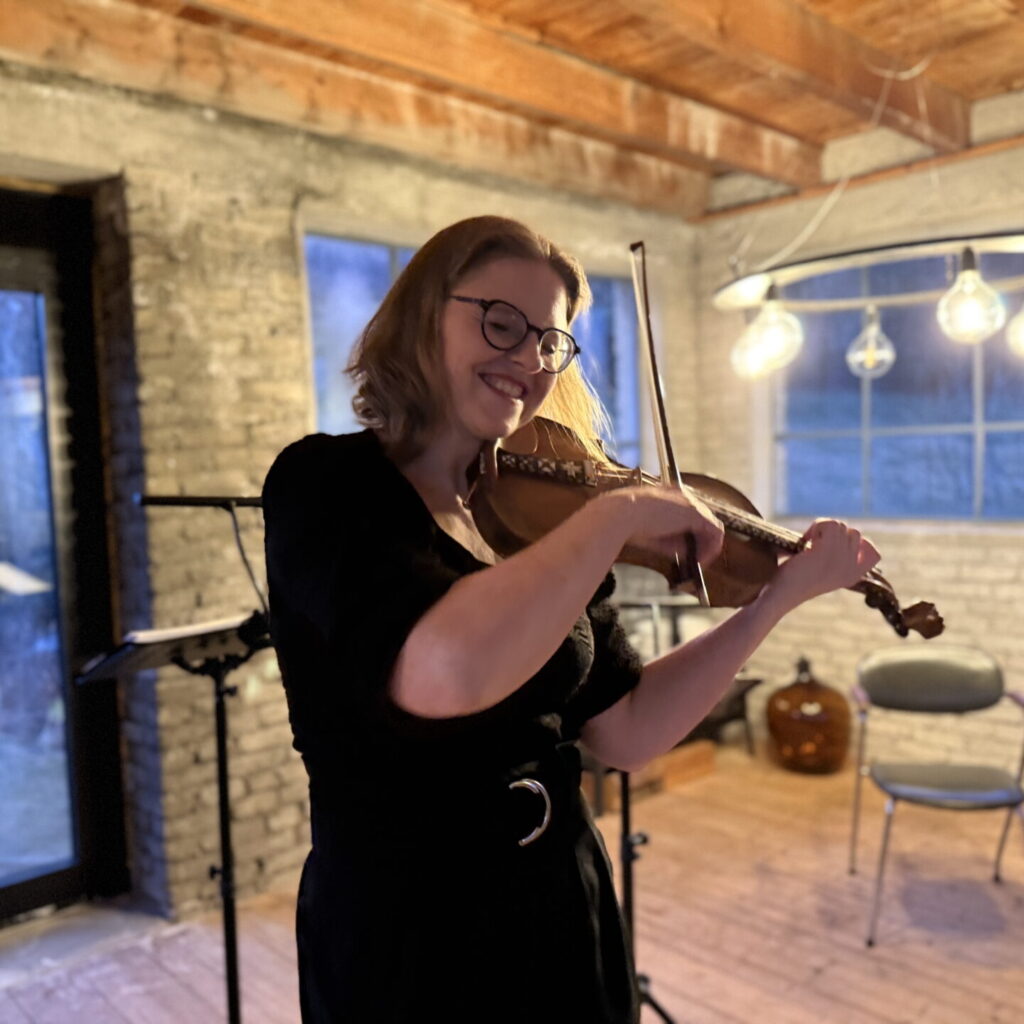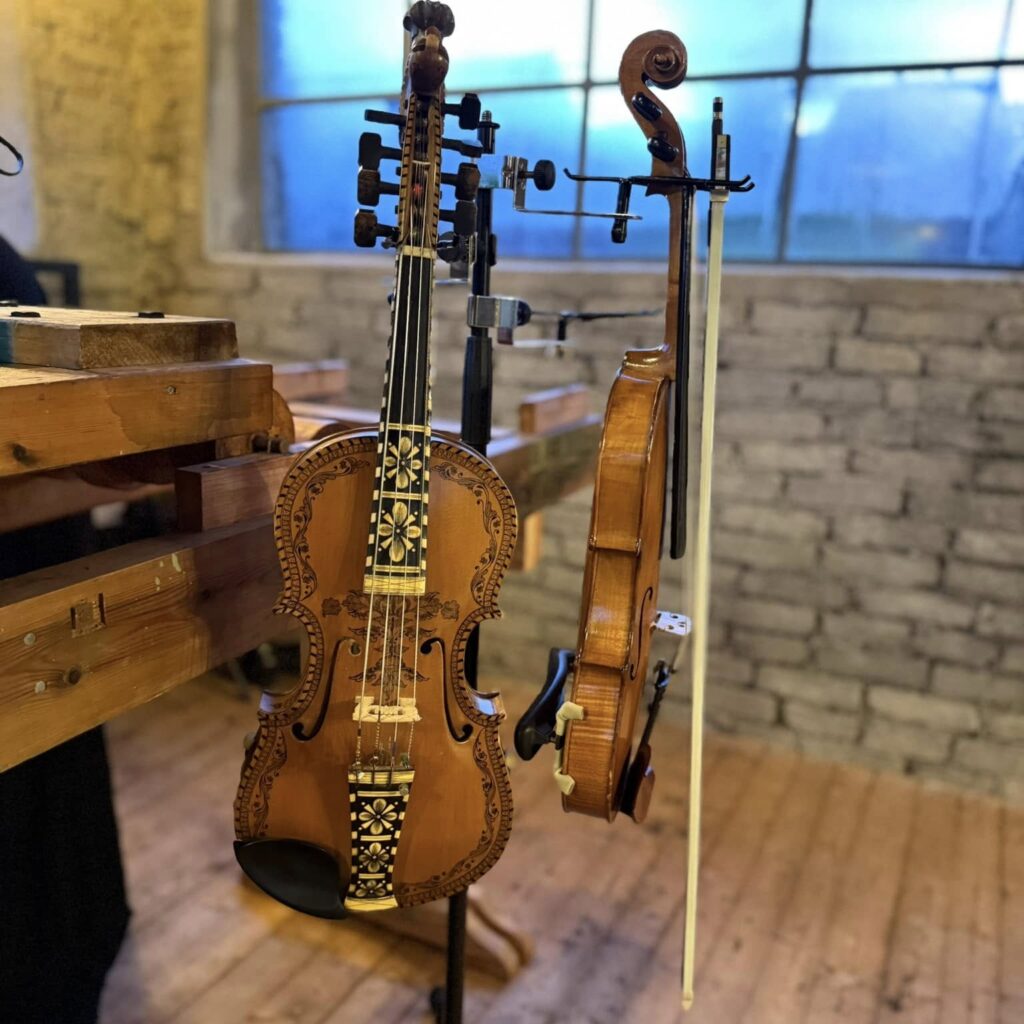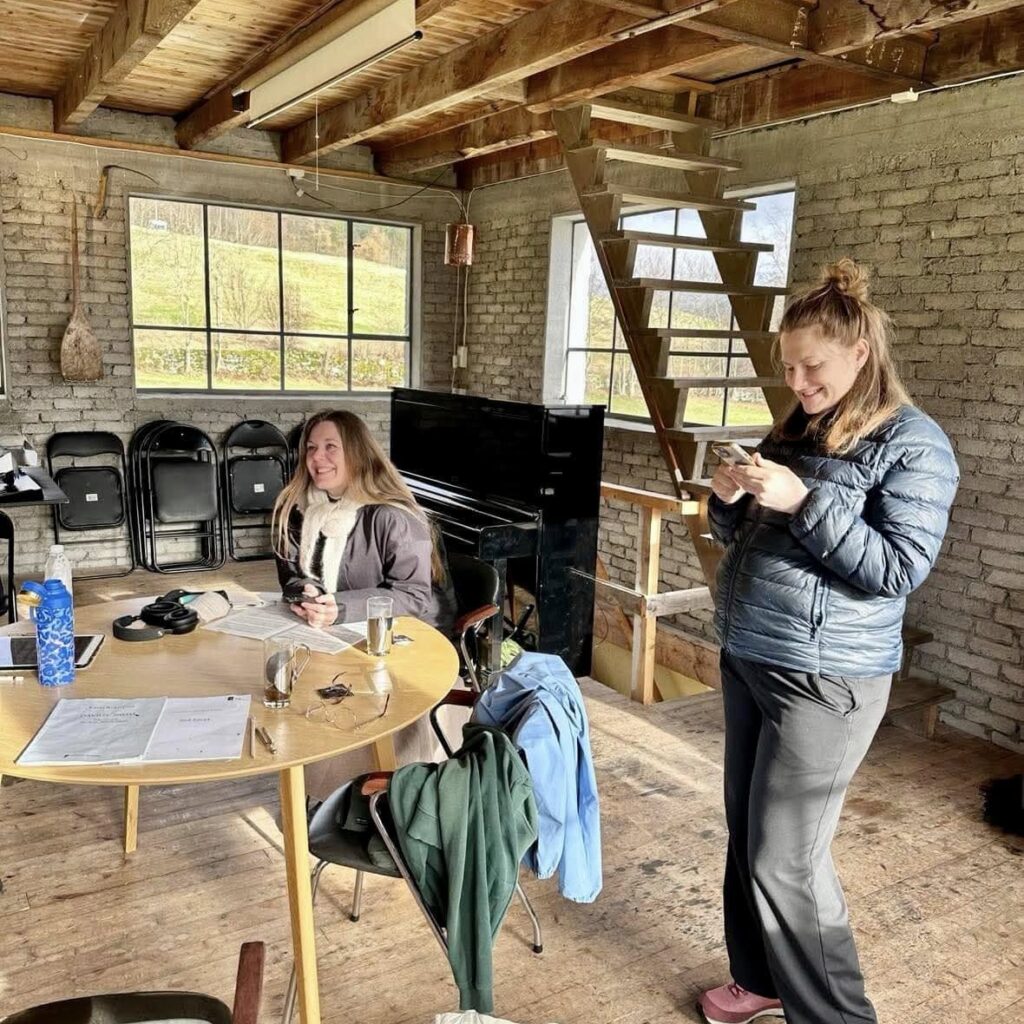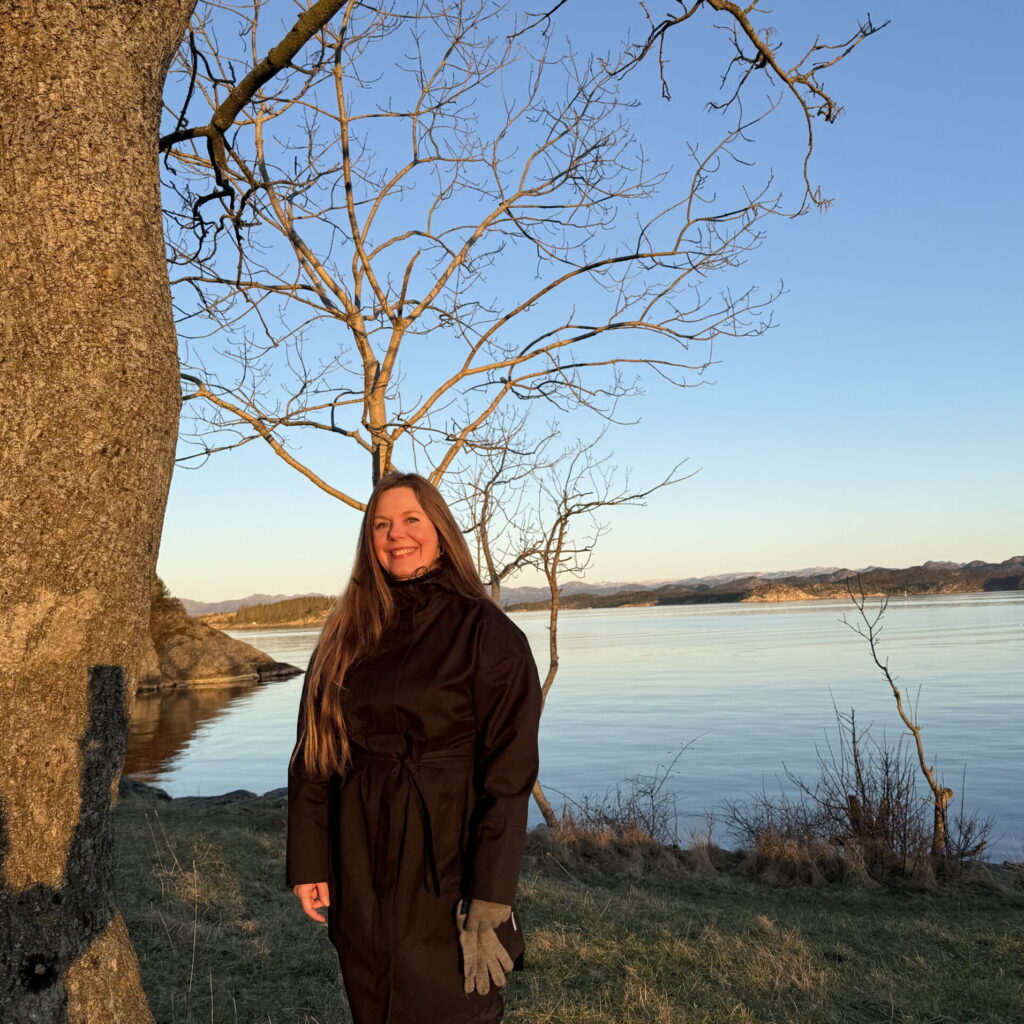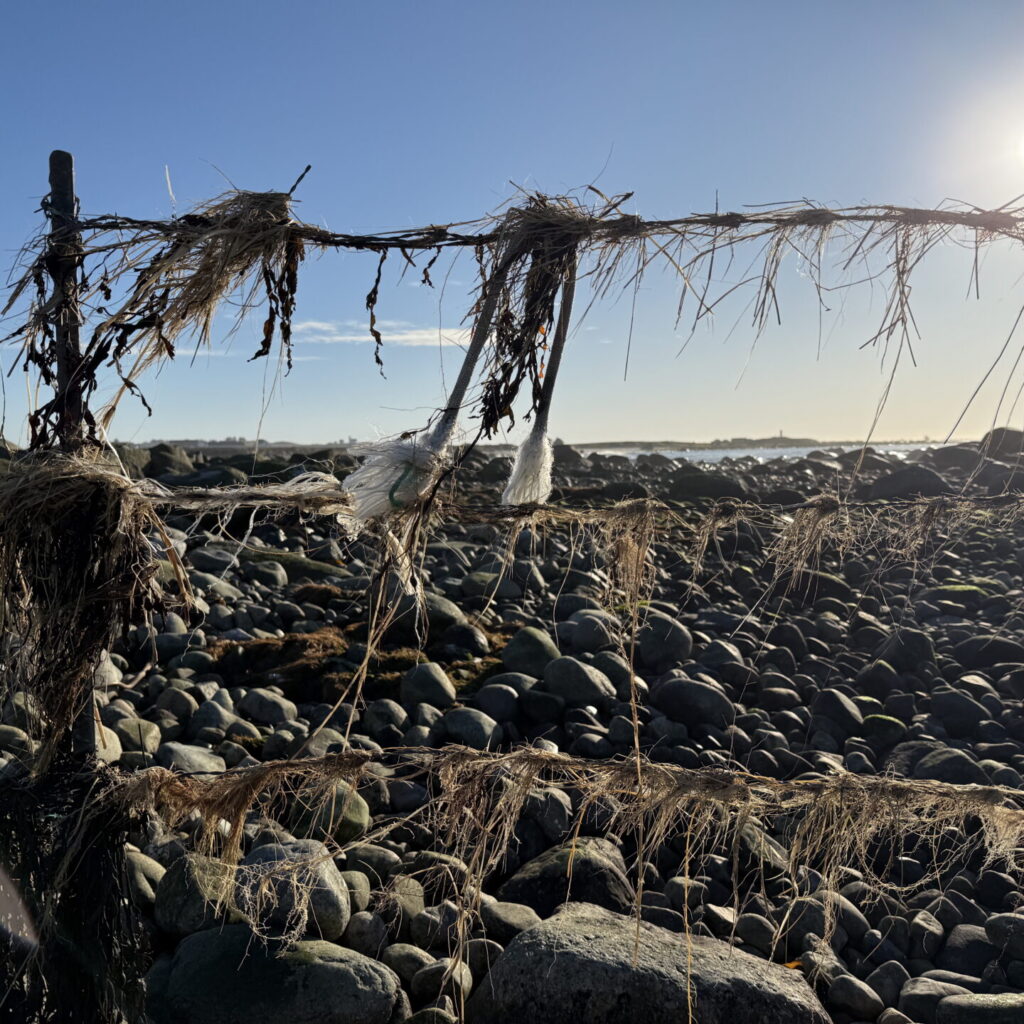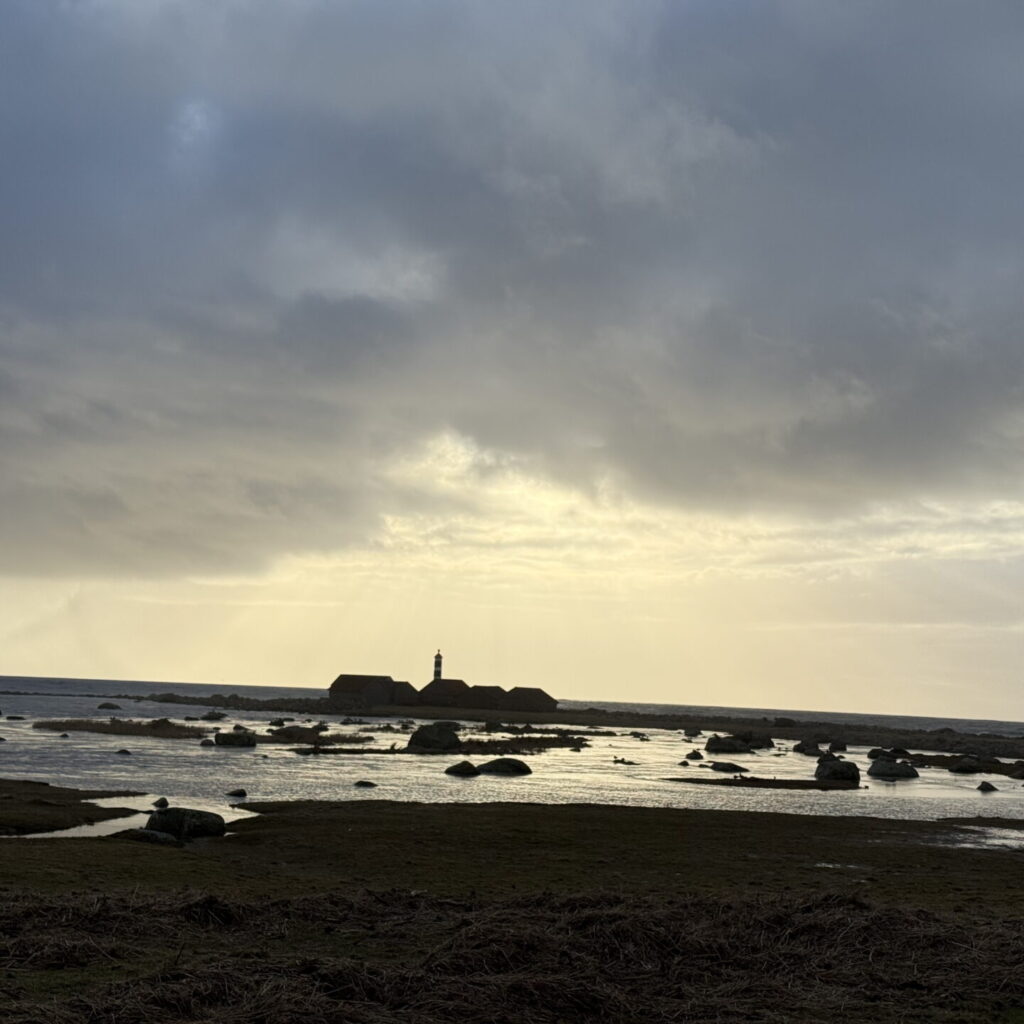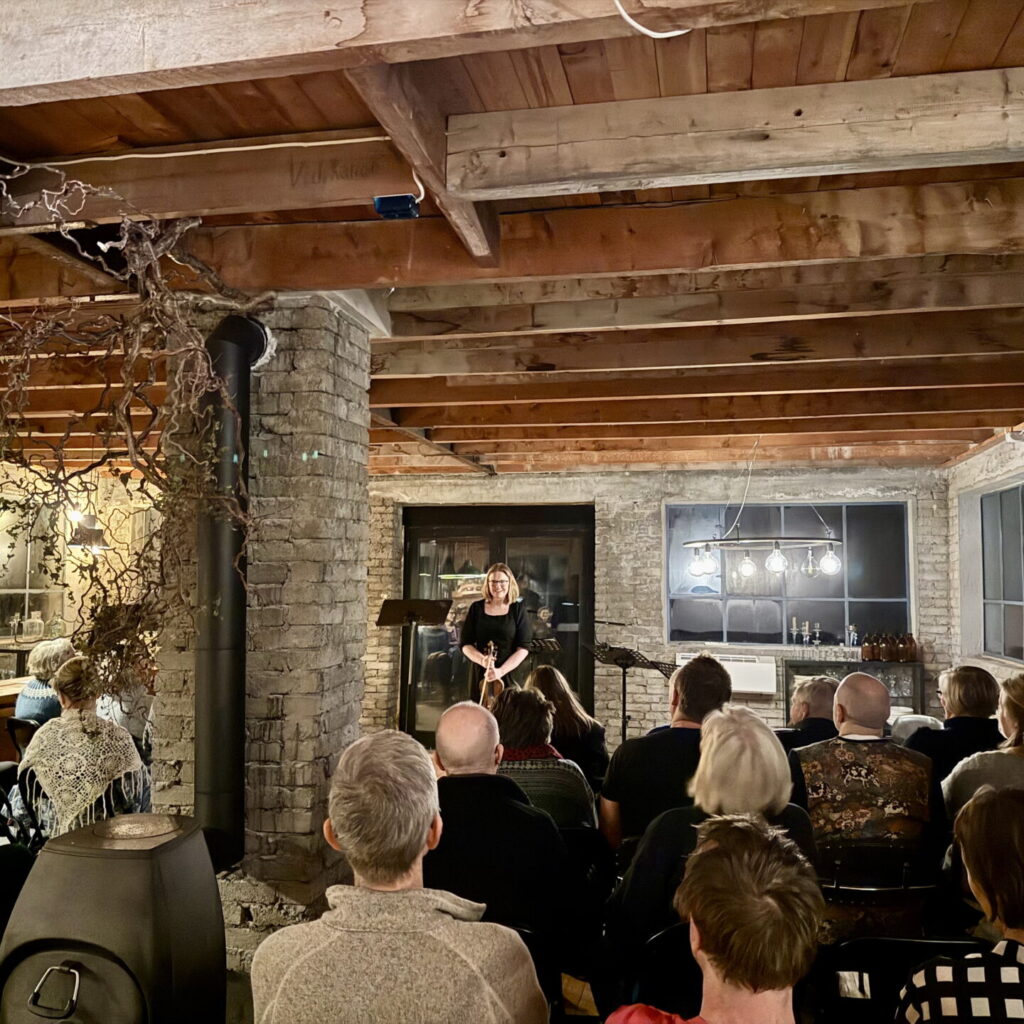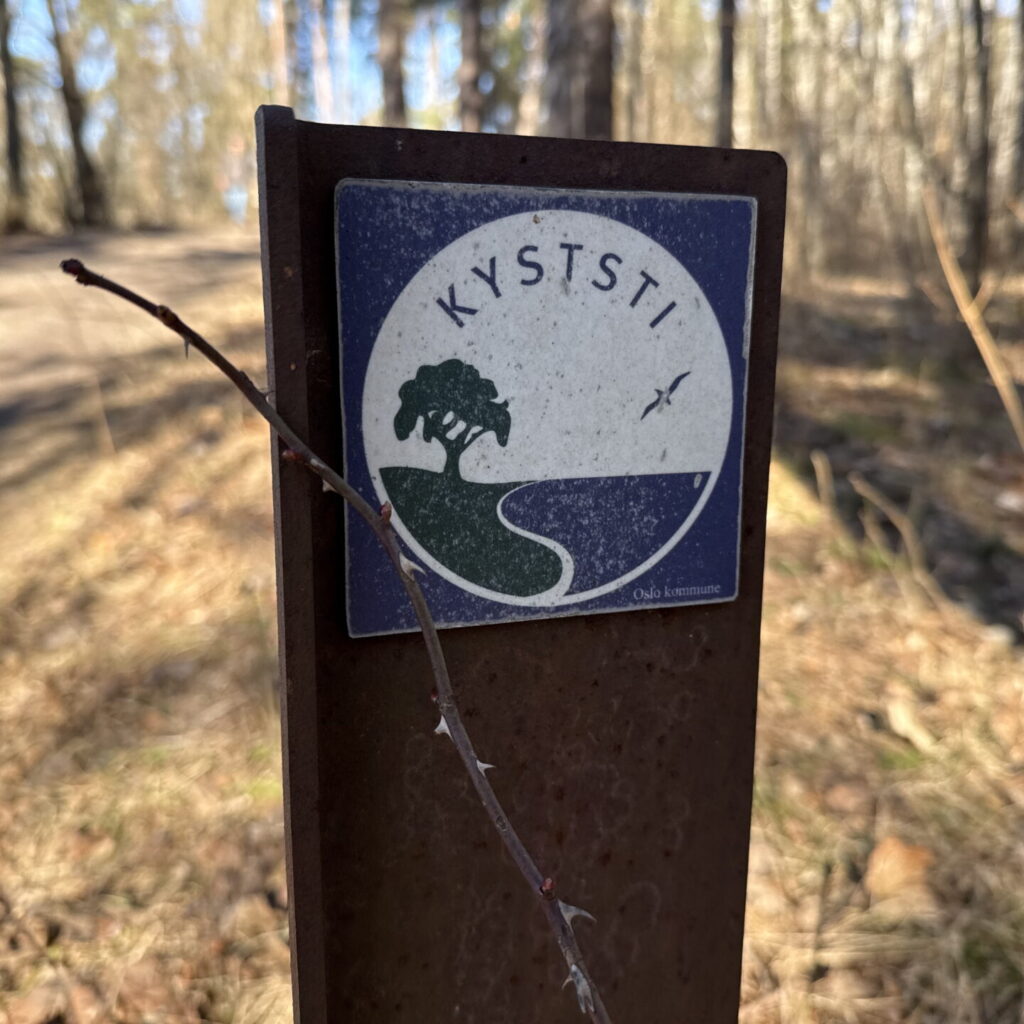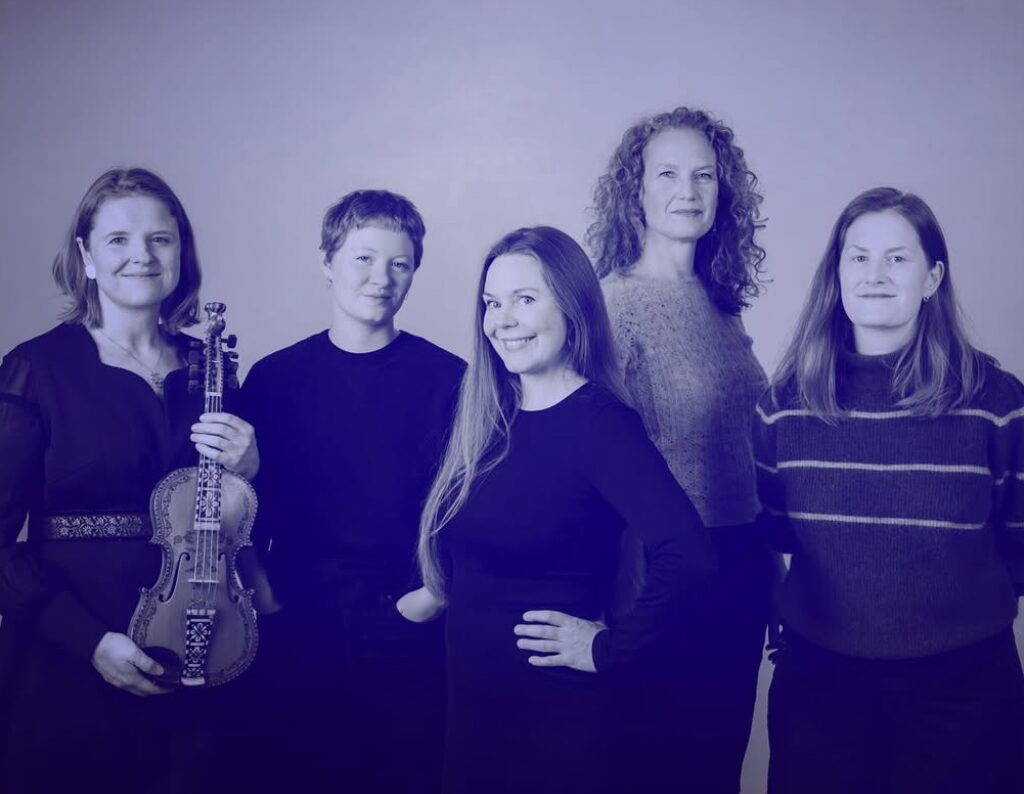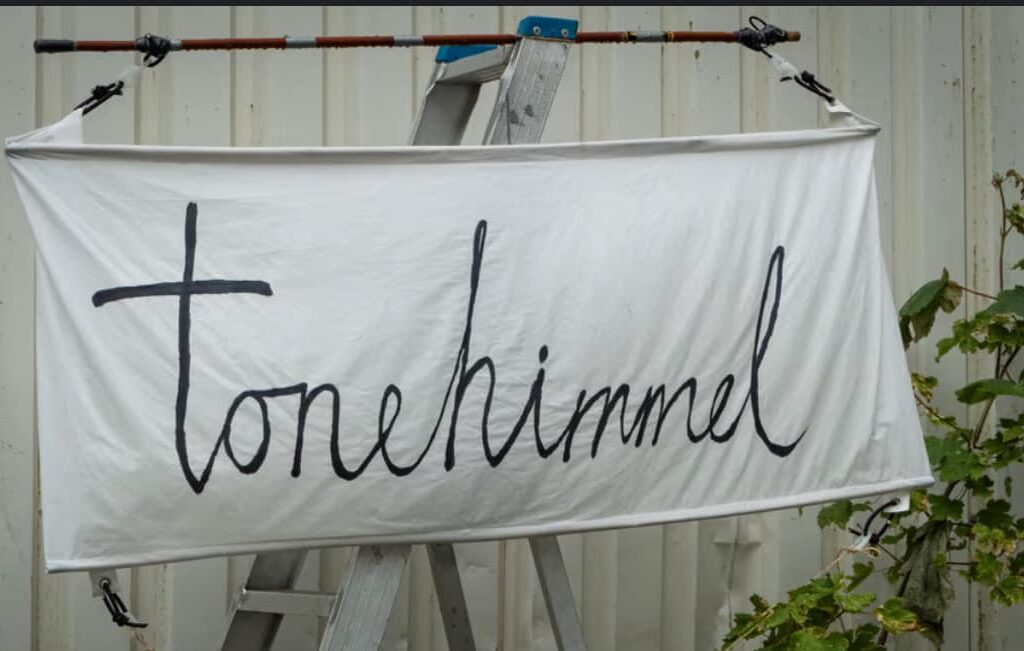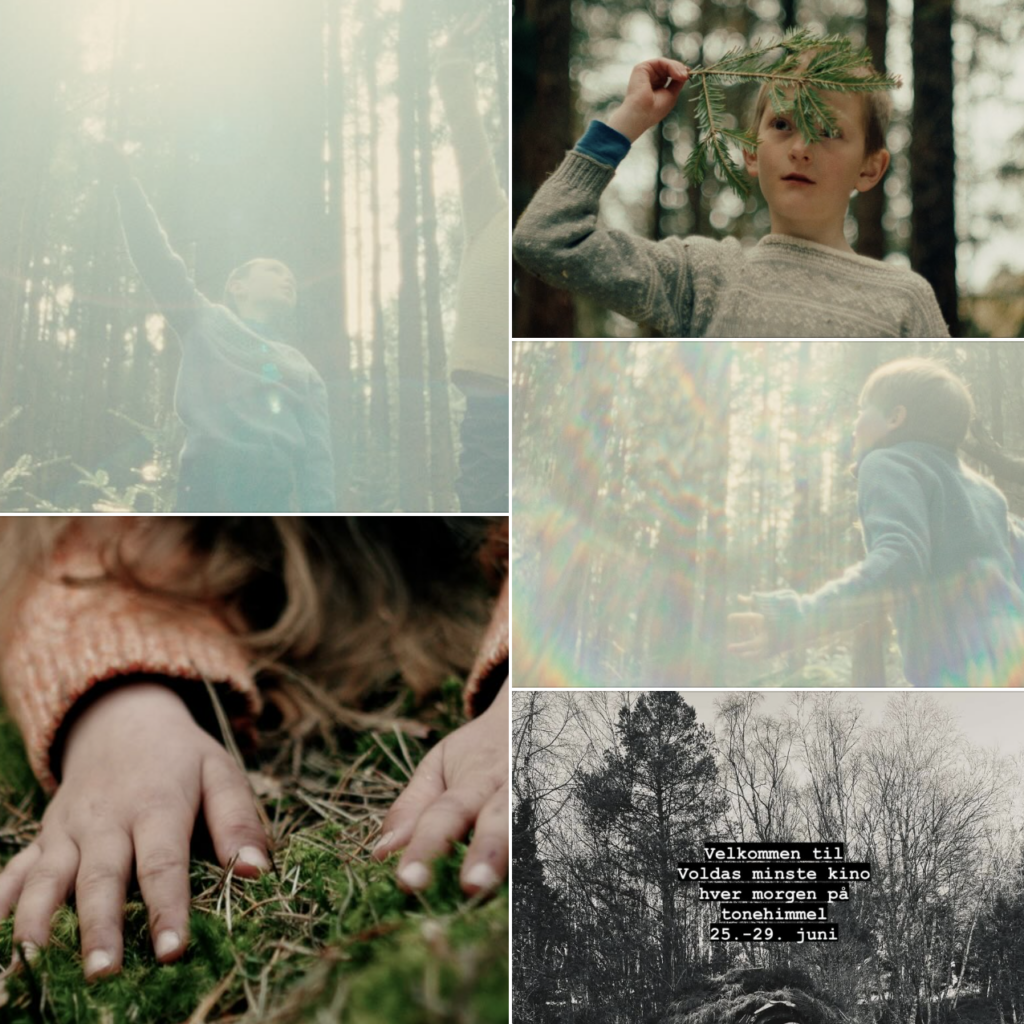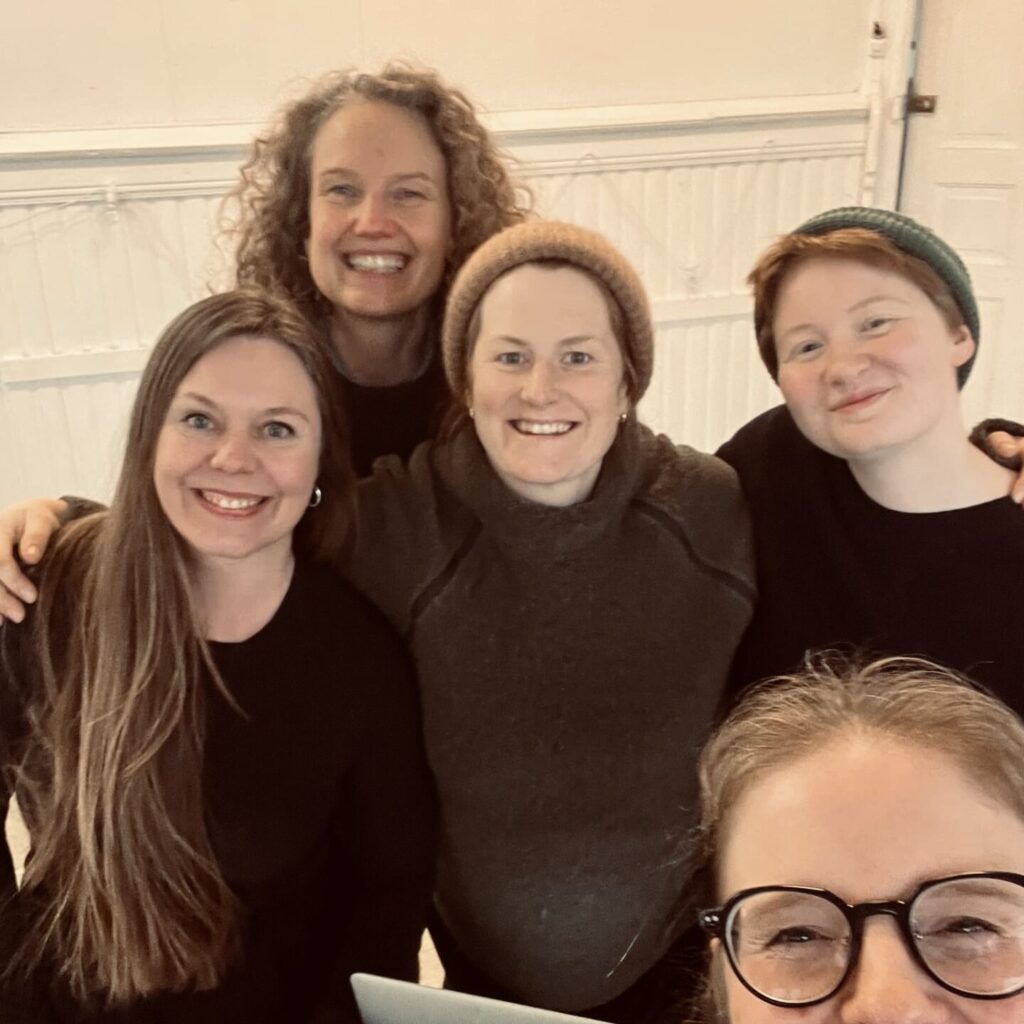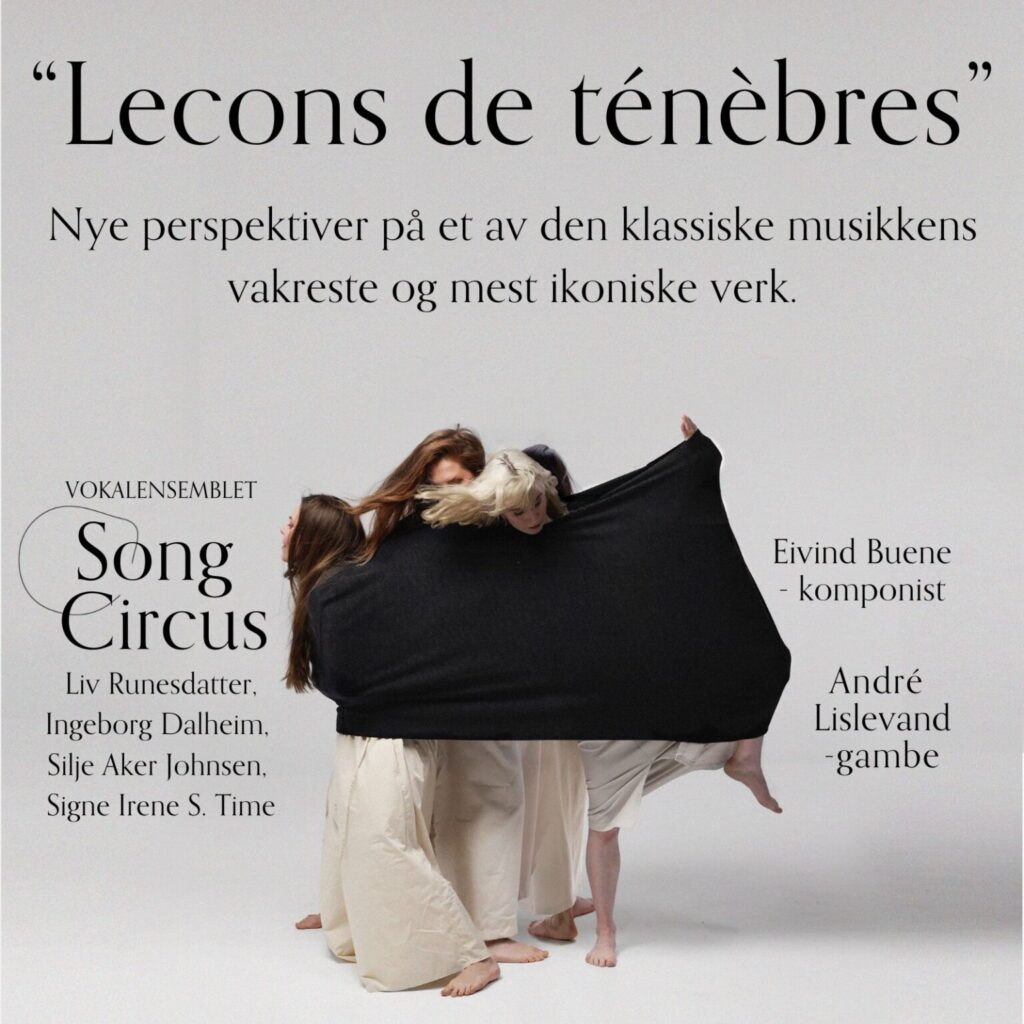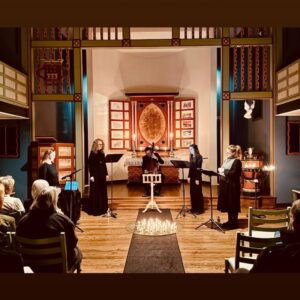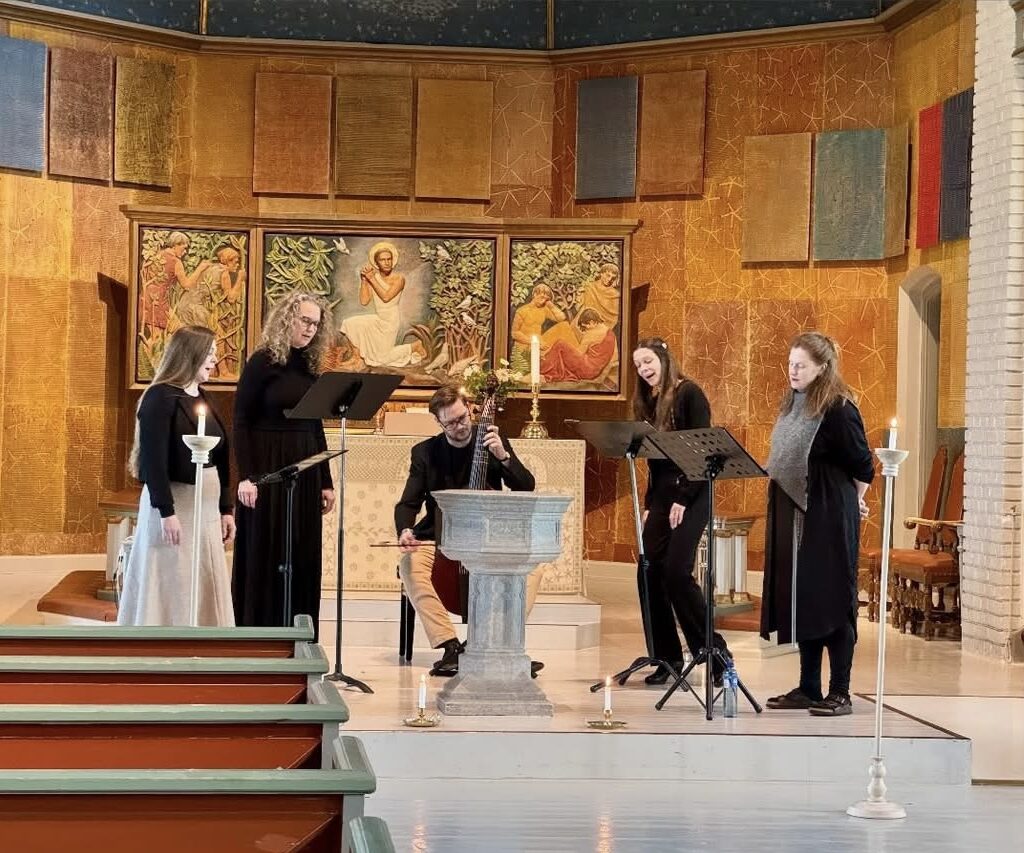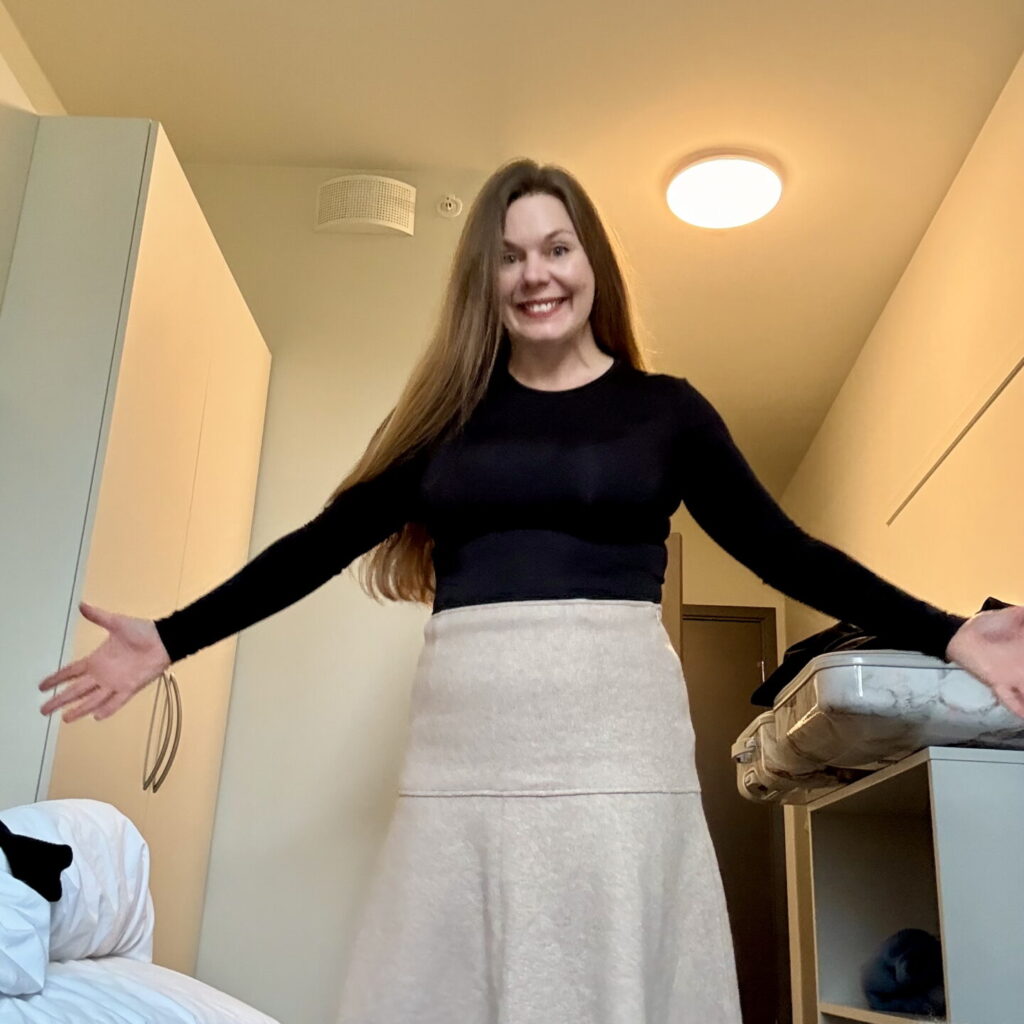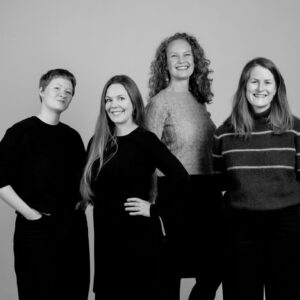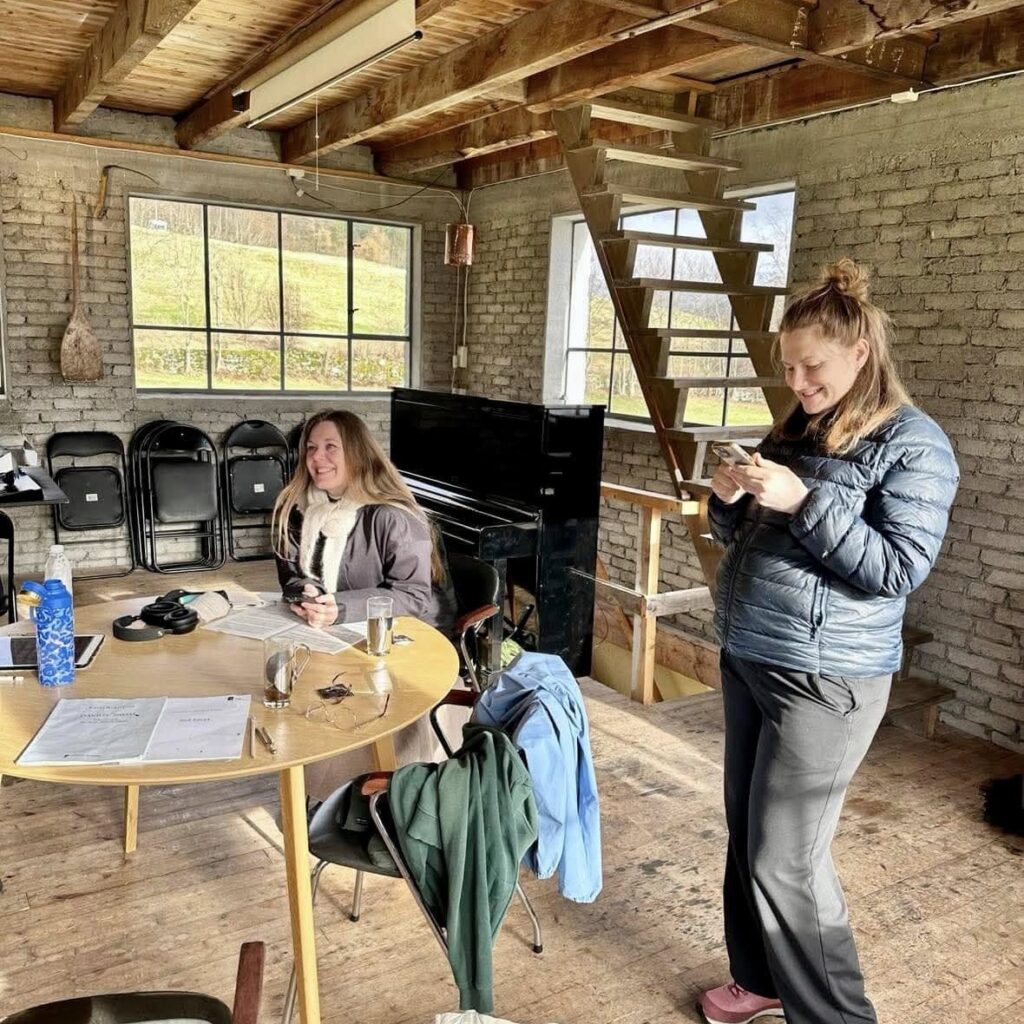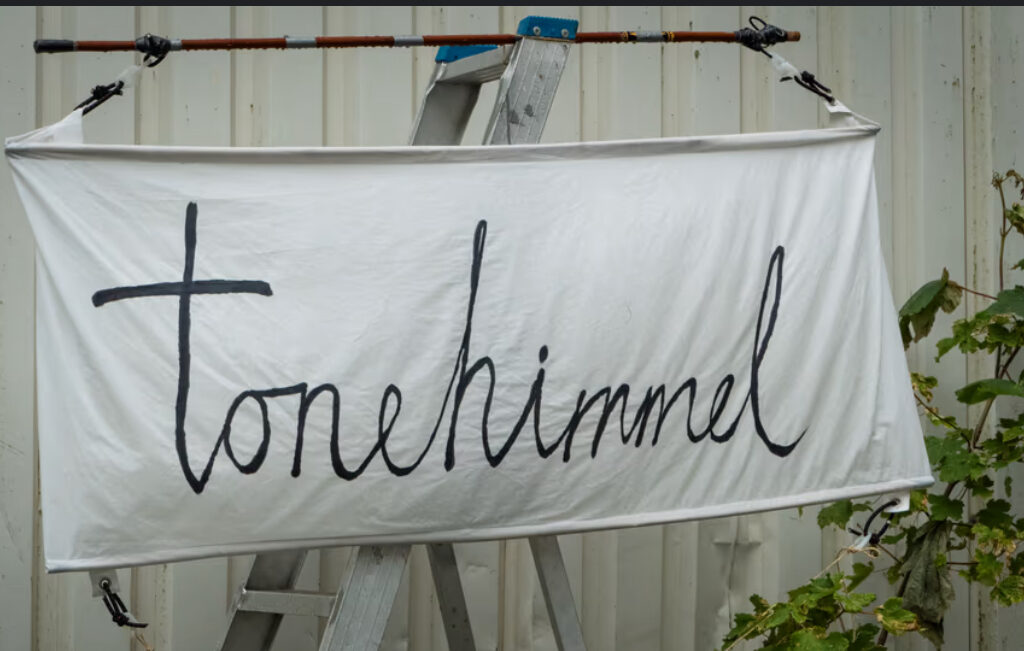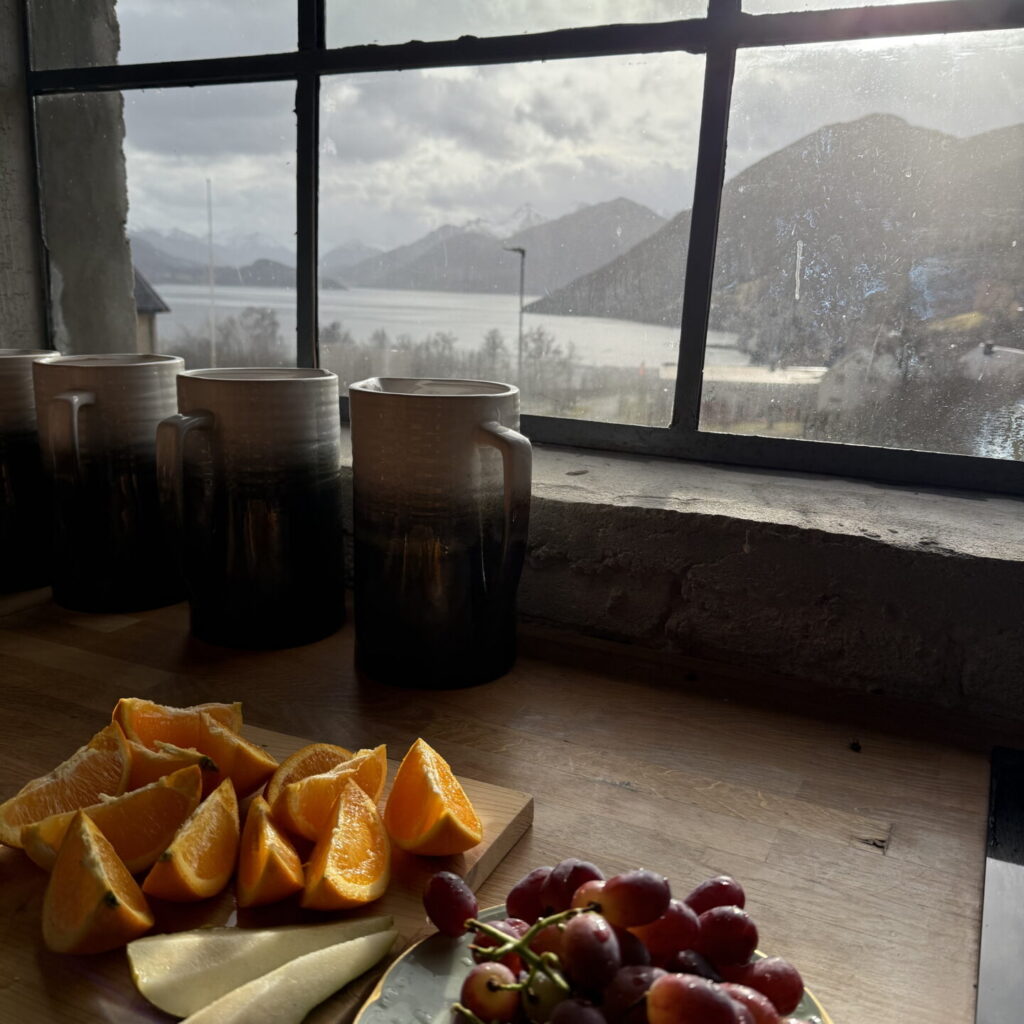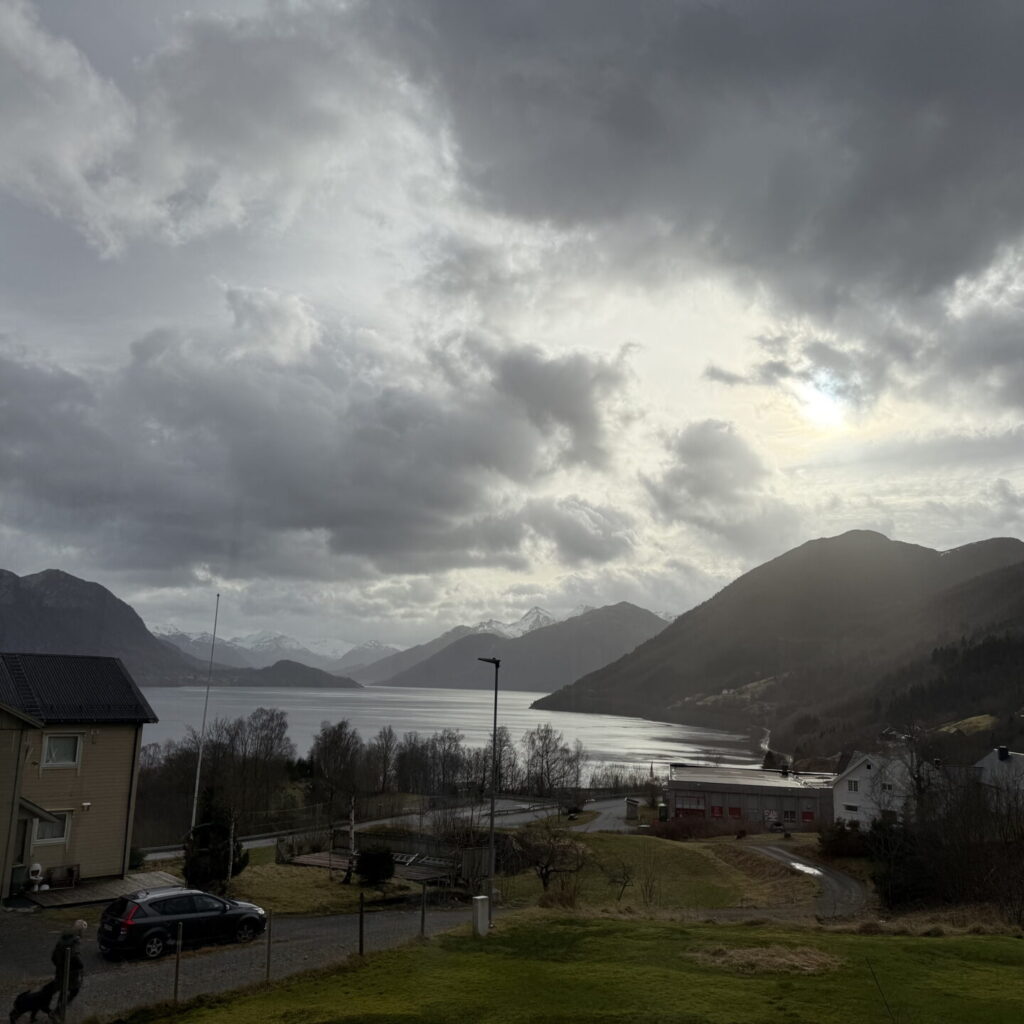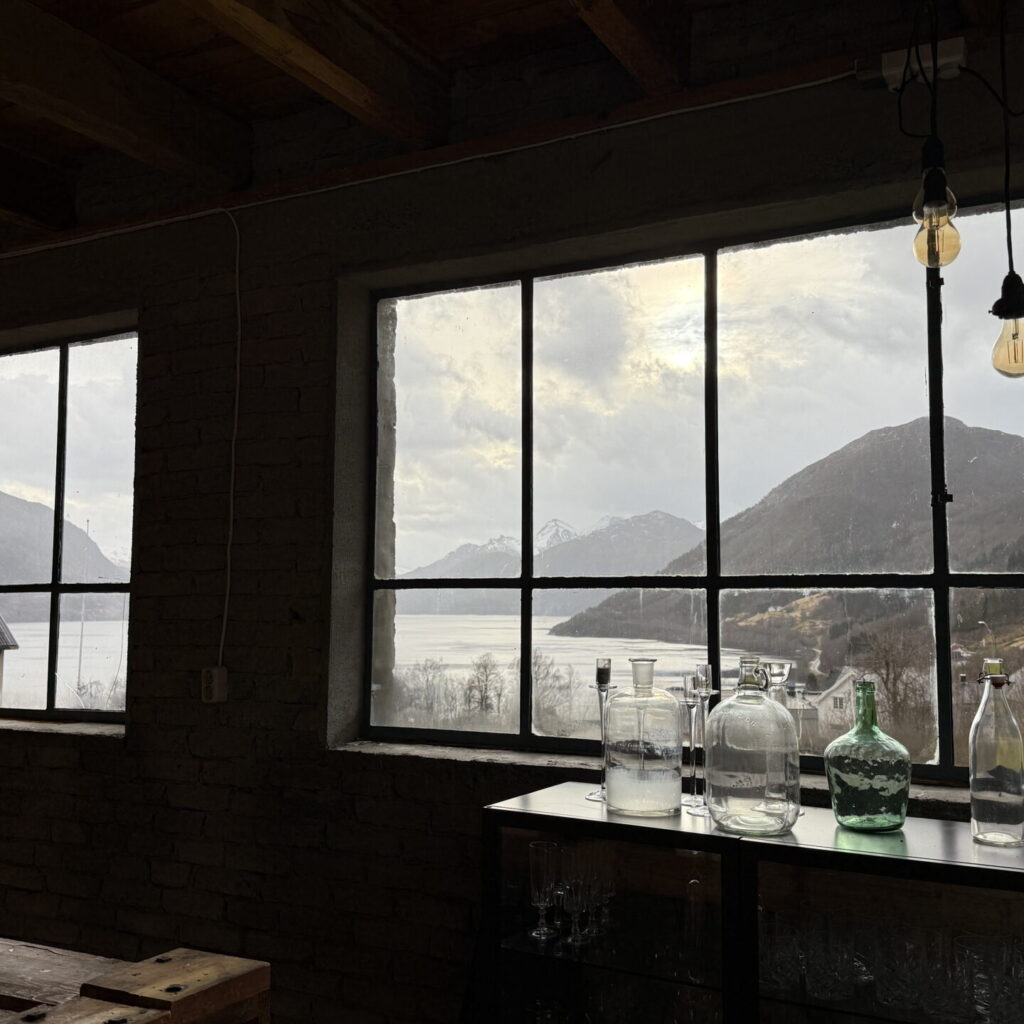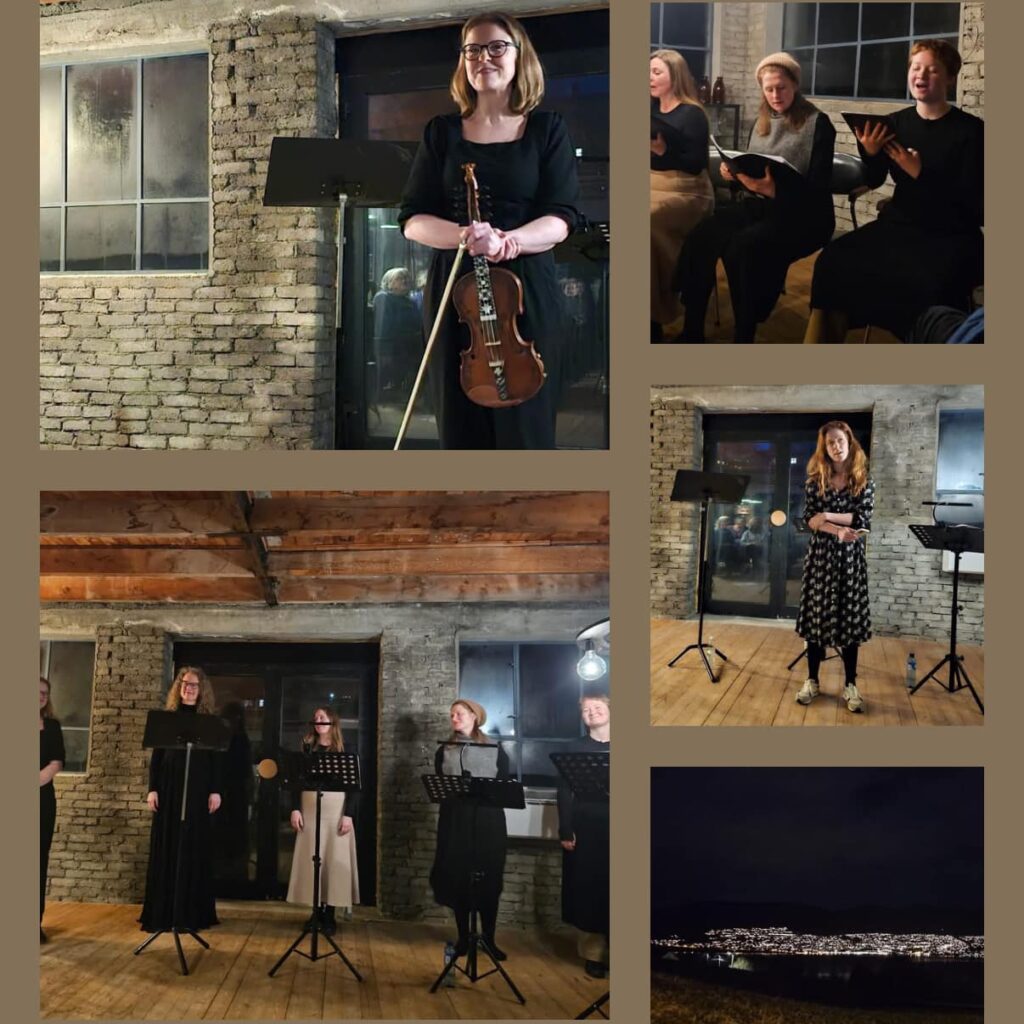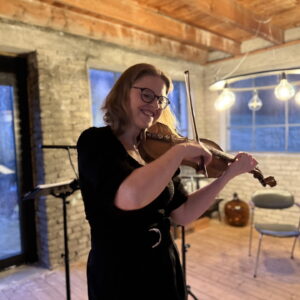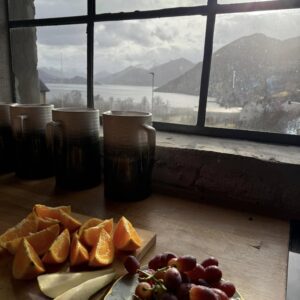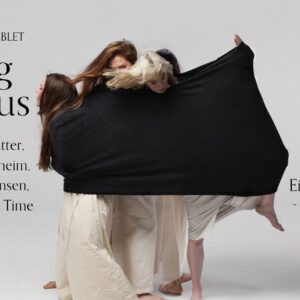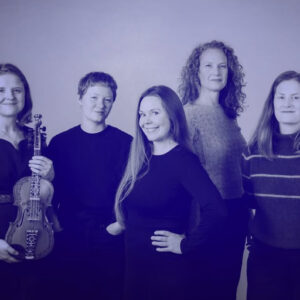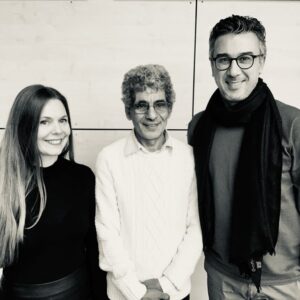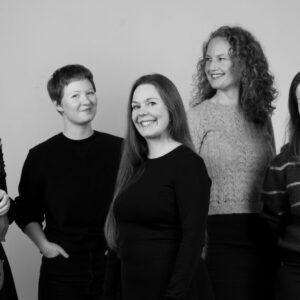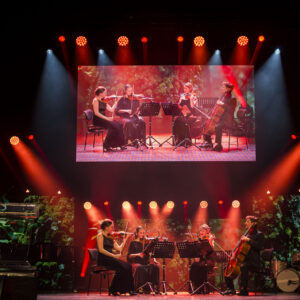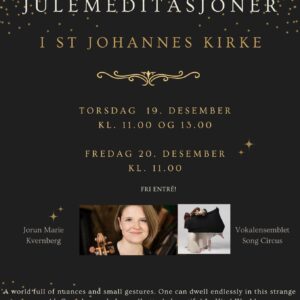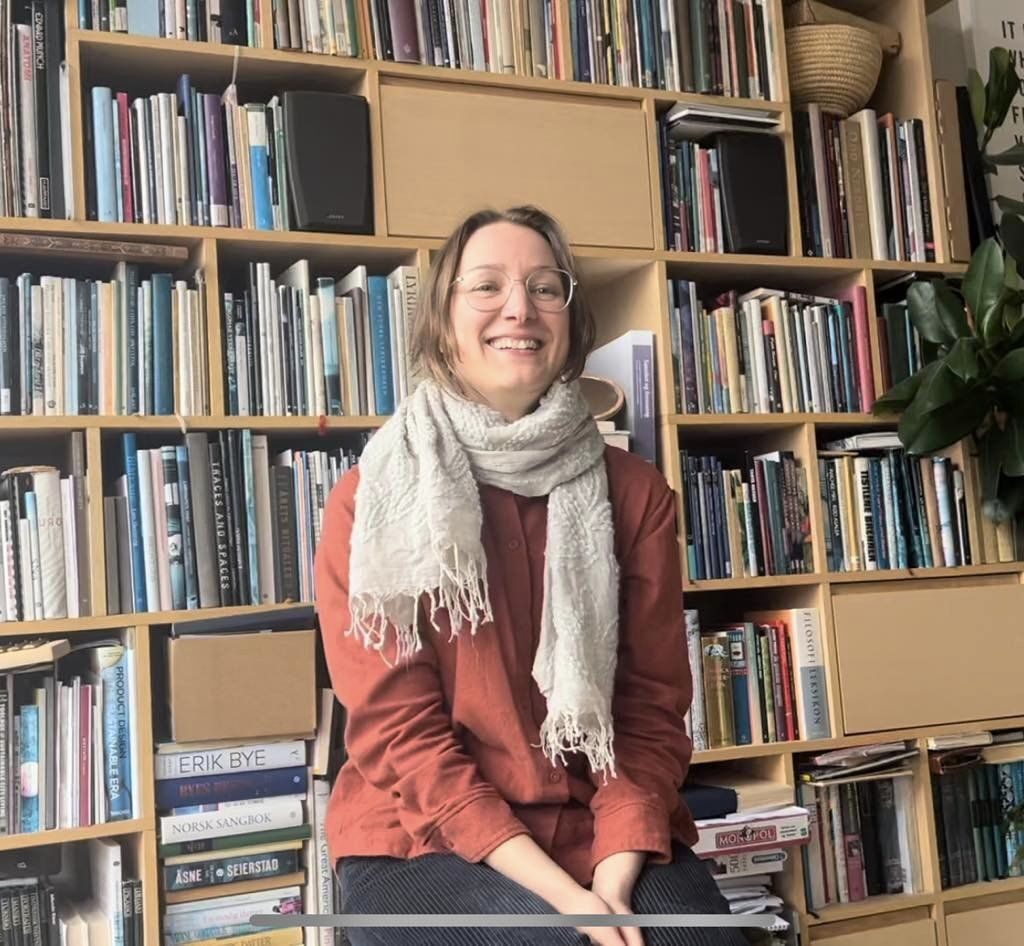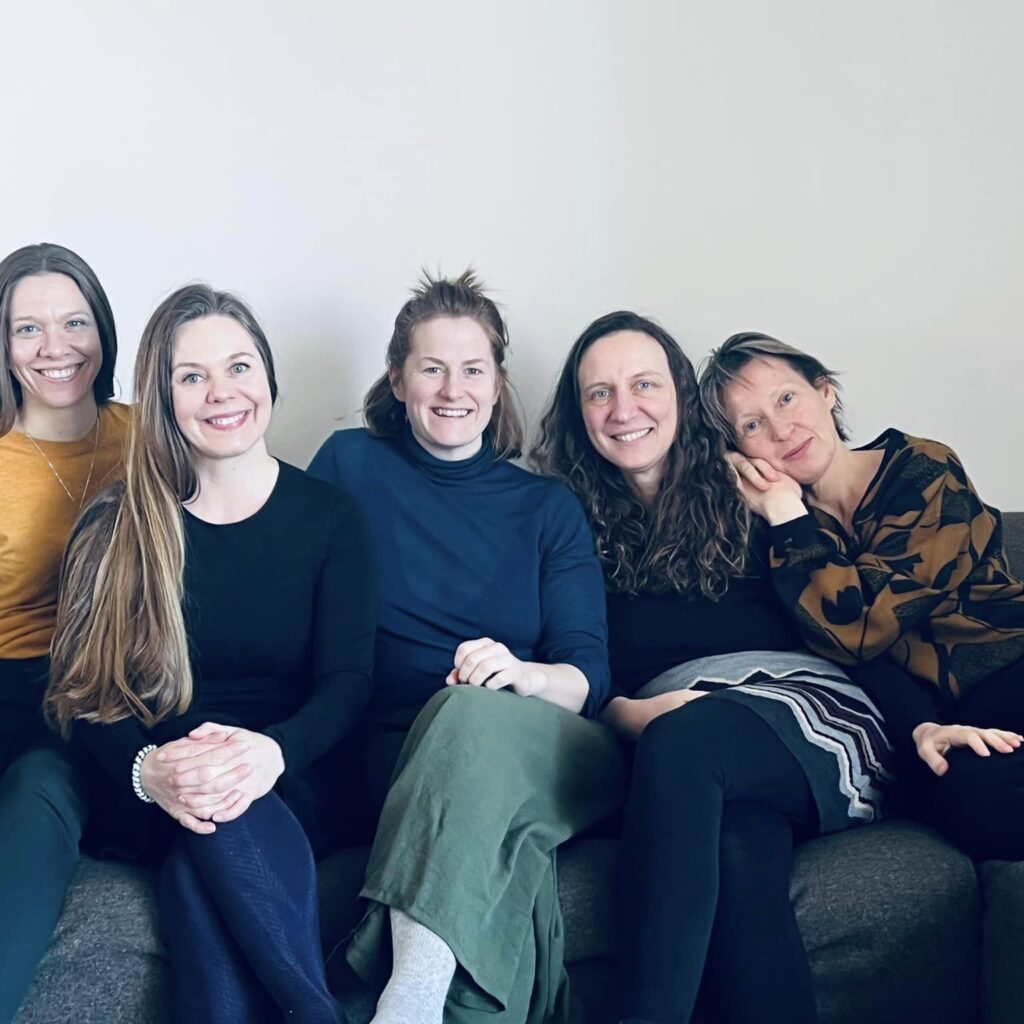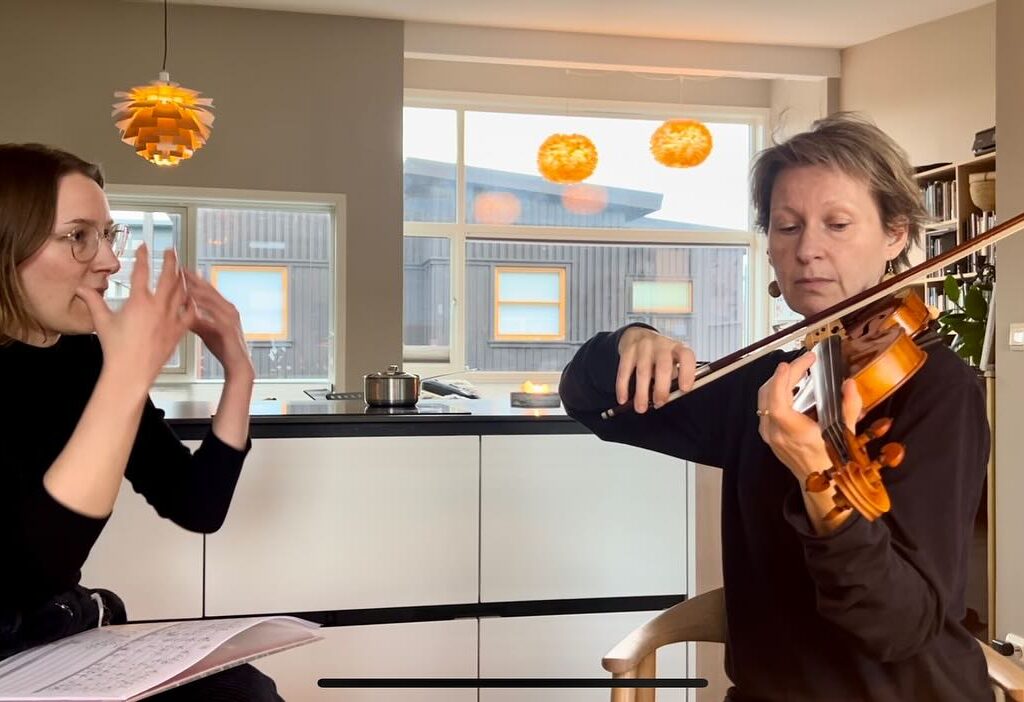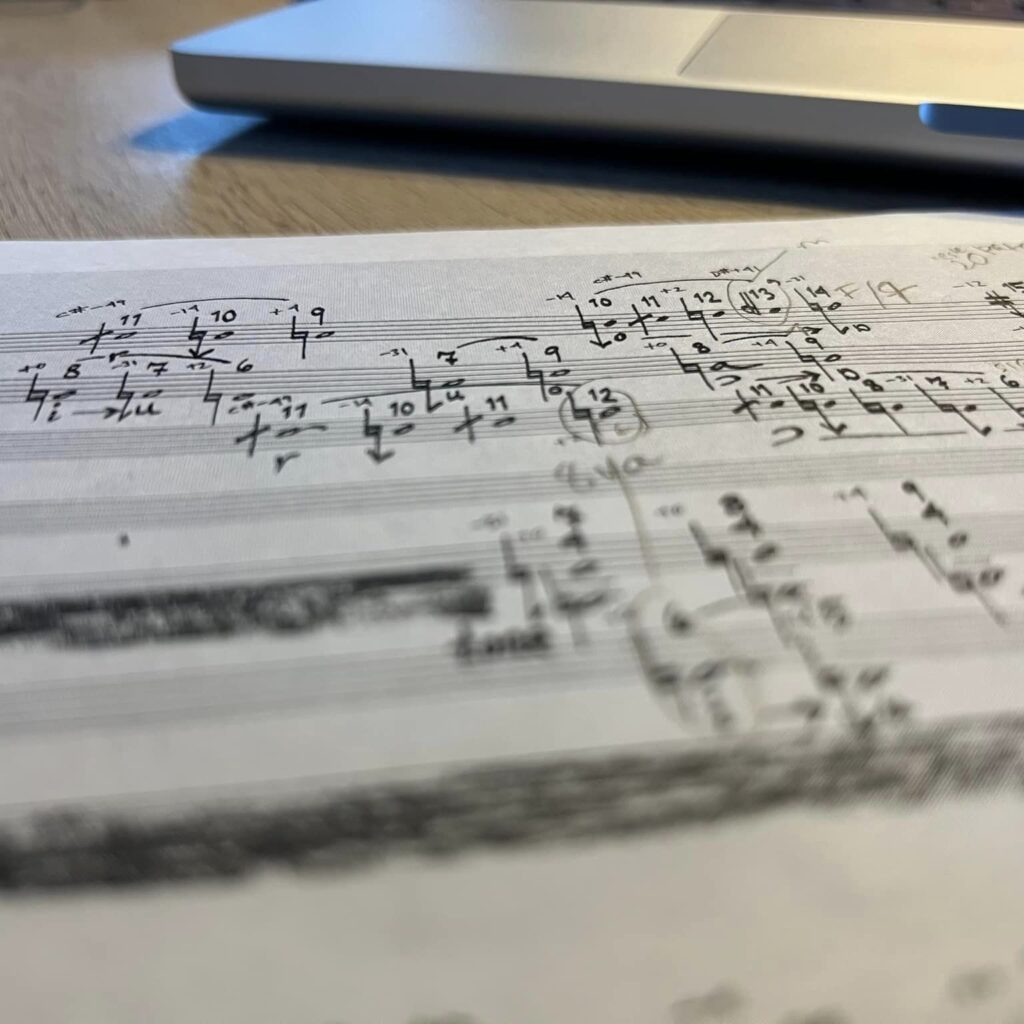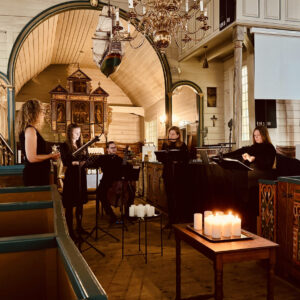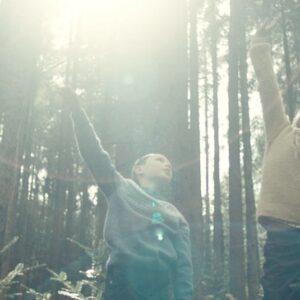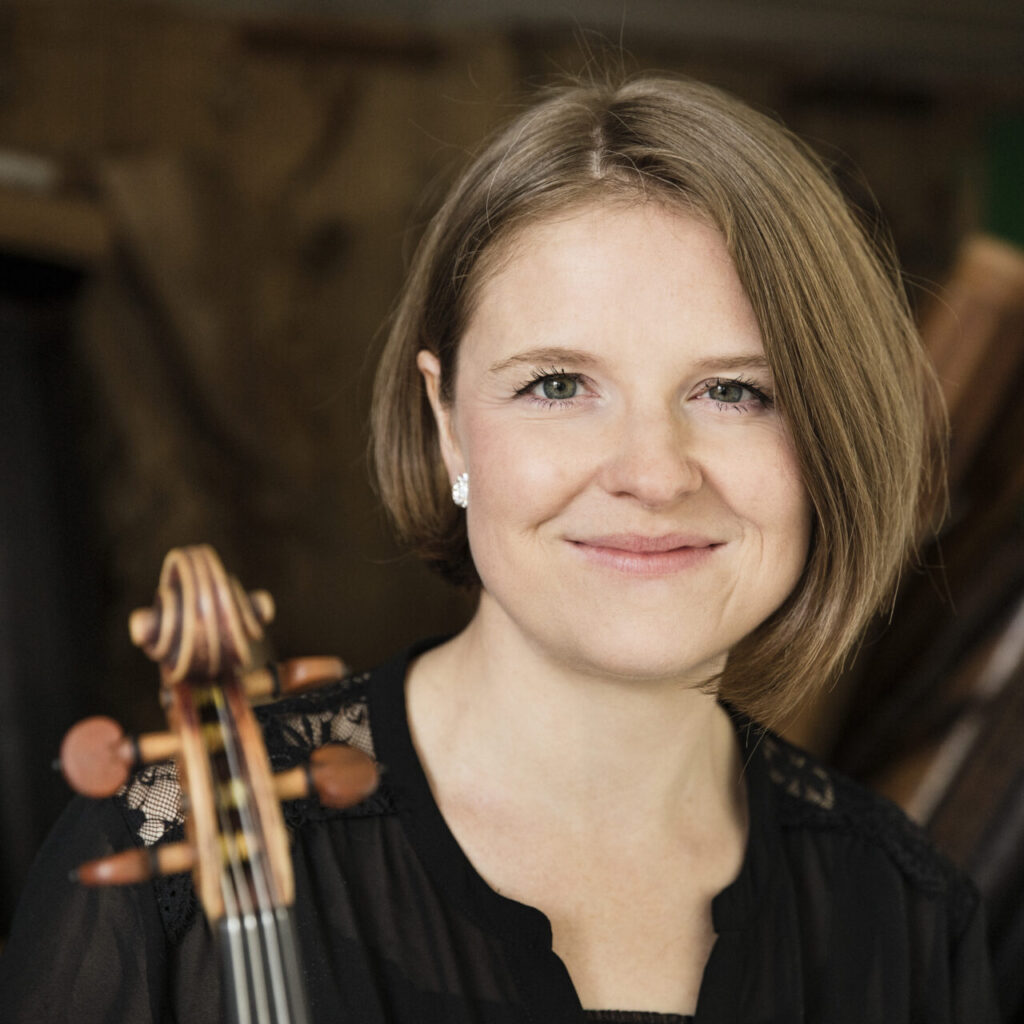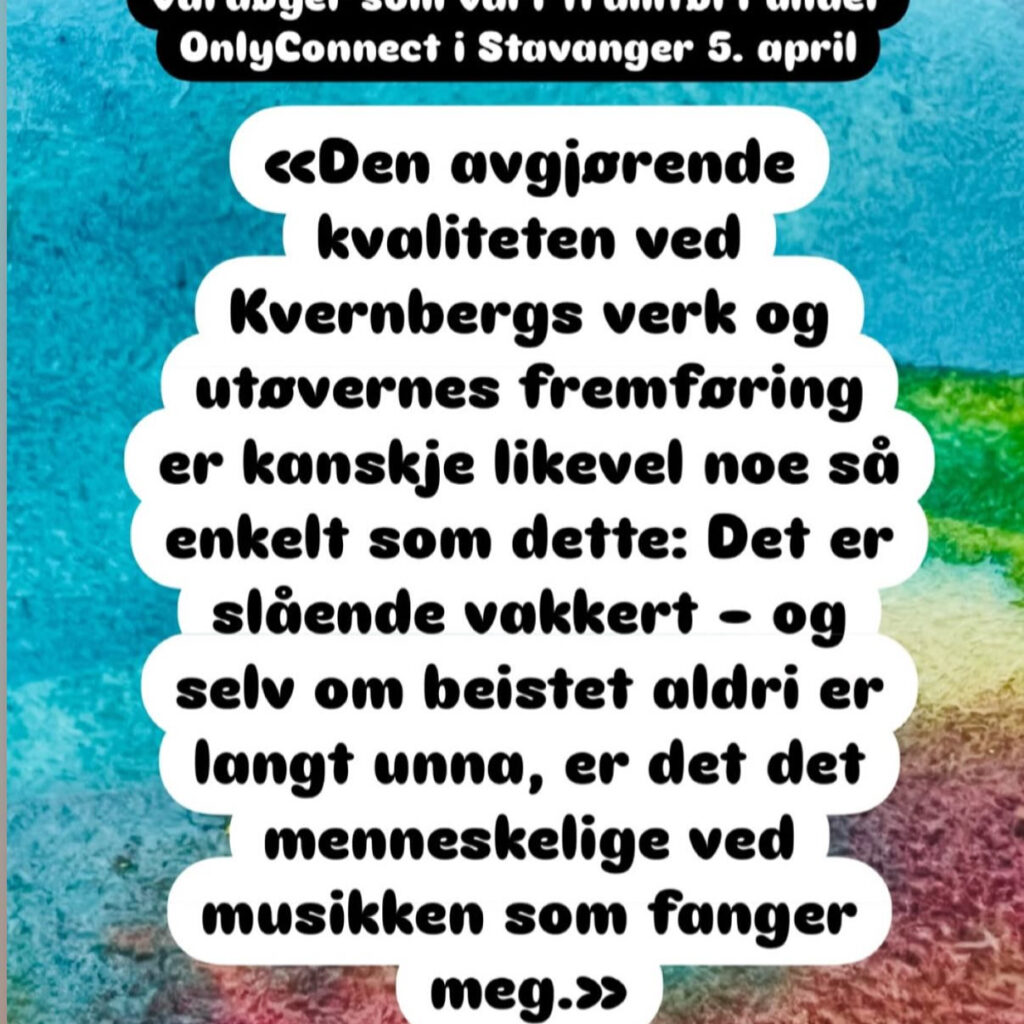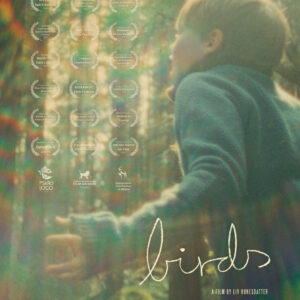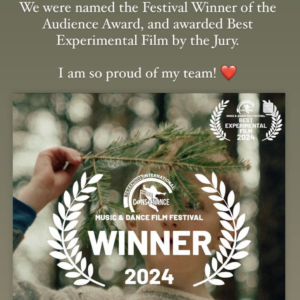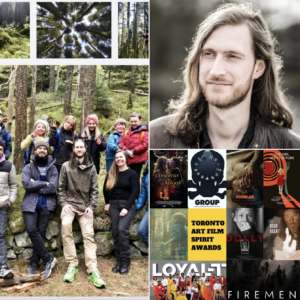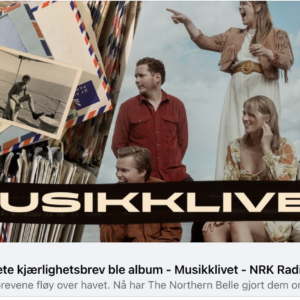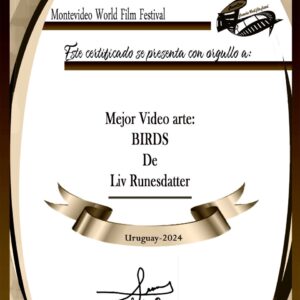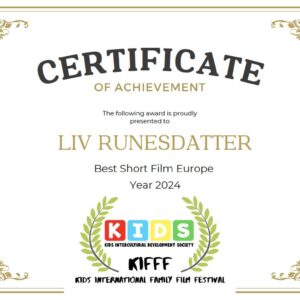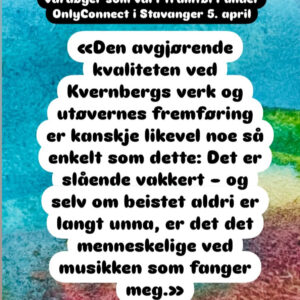
Song Circus reviewed: Murphy, Music, and Meaning
Good critics are valuable, and Kjetil Vikene writes well. The professional and the person, knowledge and emotional experience, are fully integrated. I enjoy the conversation he invites me into, and I’m intrigued by his references to Murphy, the novel by Beckett that Vikene brings with him to the festival and keeps referring to.
It’s a review that makes room for reflection and curiosity. The critic’s voice is clear, personal, and confidently aware of its role and responsibility. What a pleasure it is to be reviewed by him.
Read the full review here: Ballade.no
Vikene on Song Circus:
Both the pipe organ and accordion are classified as aerophones in the Hornbostel–Sachs system, along with bagpipes and recorders. Also included in this category: the human voice. And who better to show what that can be than a quartet version of the vocal group Song Circus, performing the world premiere of Kvernberg’s Vardøger?
Rooted in a recontextualization of the folk song tradition—both aesthetically and thematically—Kvernberg’s piece echoes ancient prayers for bountiful harvests, now placed “in our own time, where we as modern, enlightened people find ourselves in a position where we must ask Mother Earth for good weather,” as described in the program notes.
A quick word on Scene 1 at Tou before I go on: through the large window behind Song Circus and Nyland Johansen, we gaze out over the Gandsfjord and into the Ryfylke mountains—a truly national romantic backdrop, one might say.
The four vocalists of Song Circus sing their way steadily into the folk tradition, weaving together fragments of traditional music and crafts (both via tape and live from Nyland Johansen’s accordion), along with bits of language from aquaculture industry advertising. The result is a soundscape that feels both authentic (as in: it really is folk music, with typical phrasing and intervals) and modern (as in: this is happening now, with playful and exploratory use of voice and song).
These industry marketing clichés—touting the purity of production—simultaneously offer a subtle critique of the romanticized idea of purity and origin, so often used to elevate traditional Norwegian culture in a conservative light.
Furthermore, the contrast between industrial romanticism and nature-romantic vocal expression adds a layer of humor I deeply appreciate—present as well in several other performances at Only Connect Stavanger.
But perhaps the most vital quality of Kvernberg’s work and its performance is this: it is strikingly beautiful. And while the beast is never far off, it’s the human quality of the music that captivates me.
